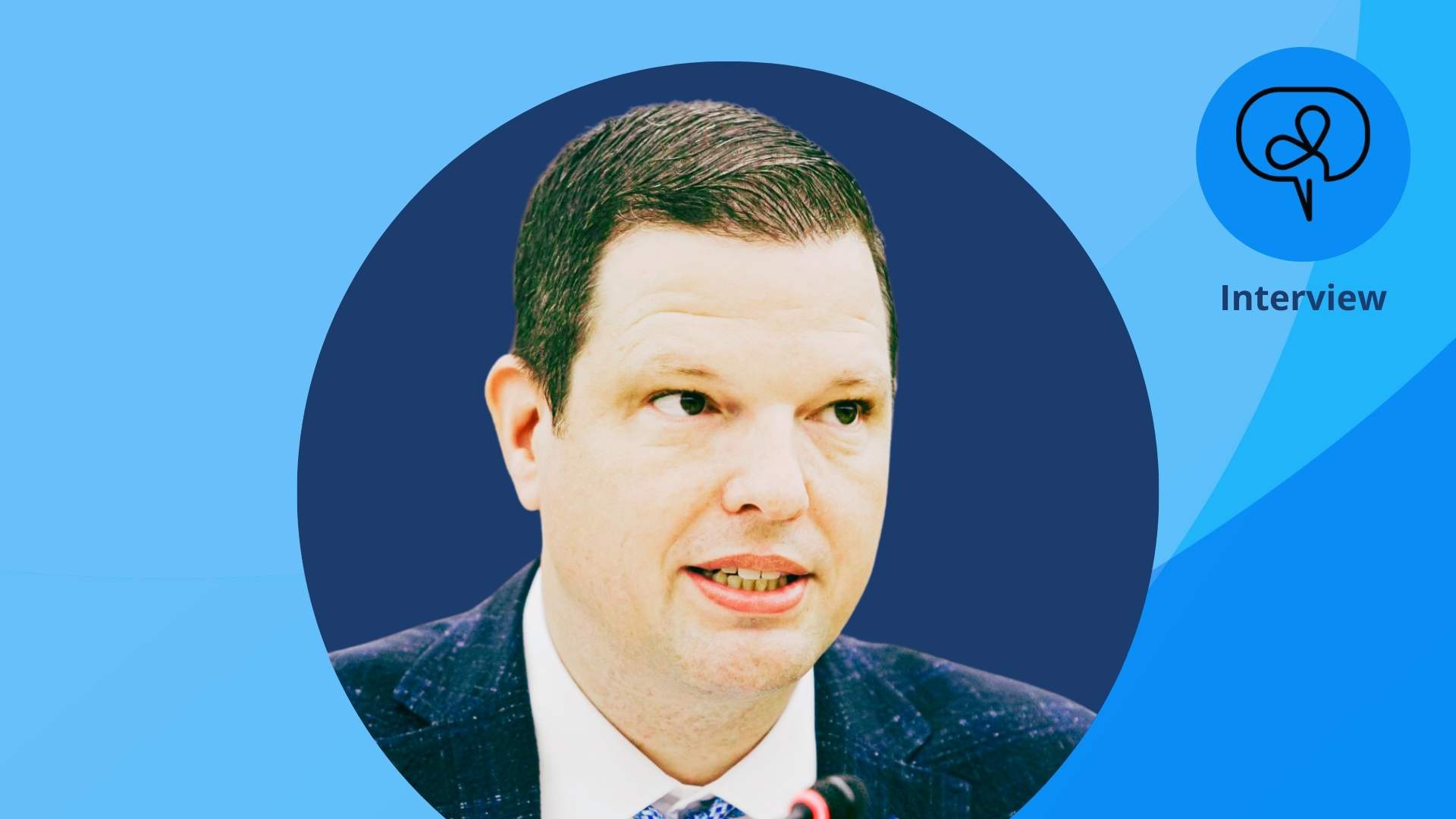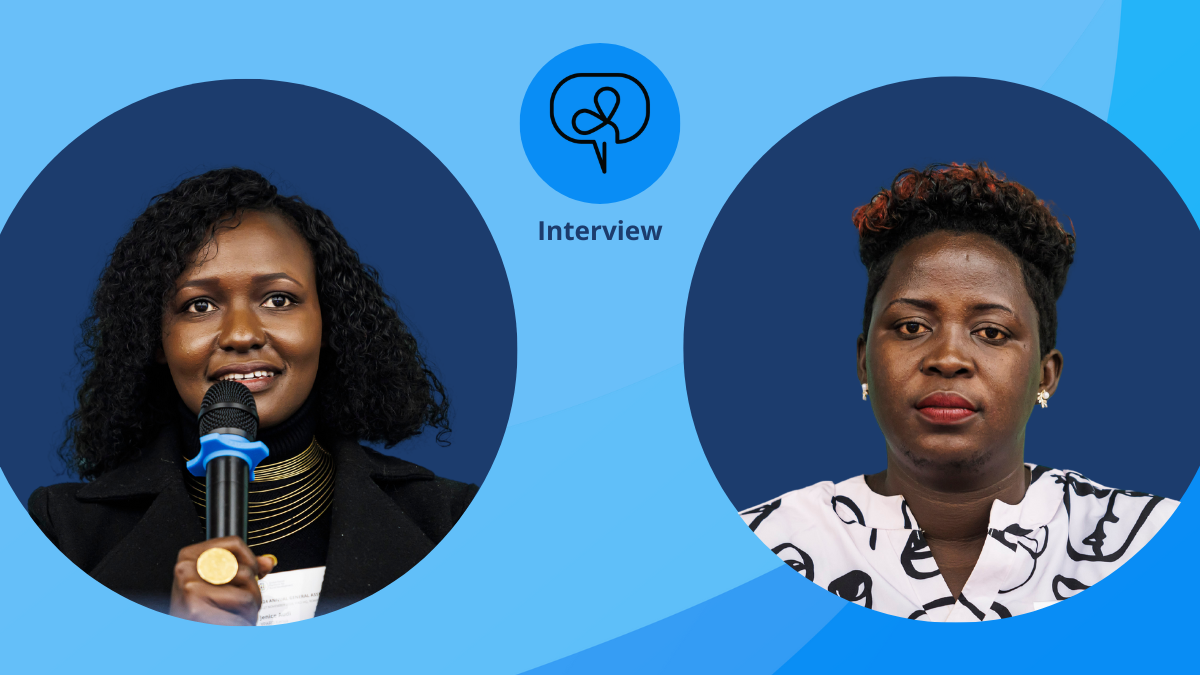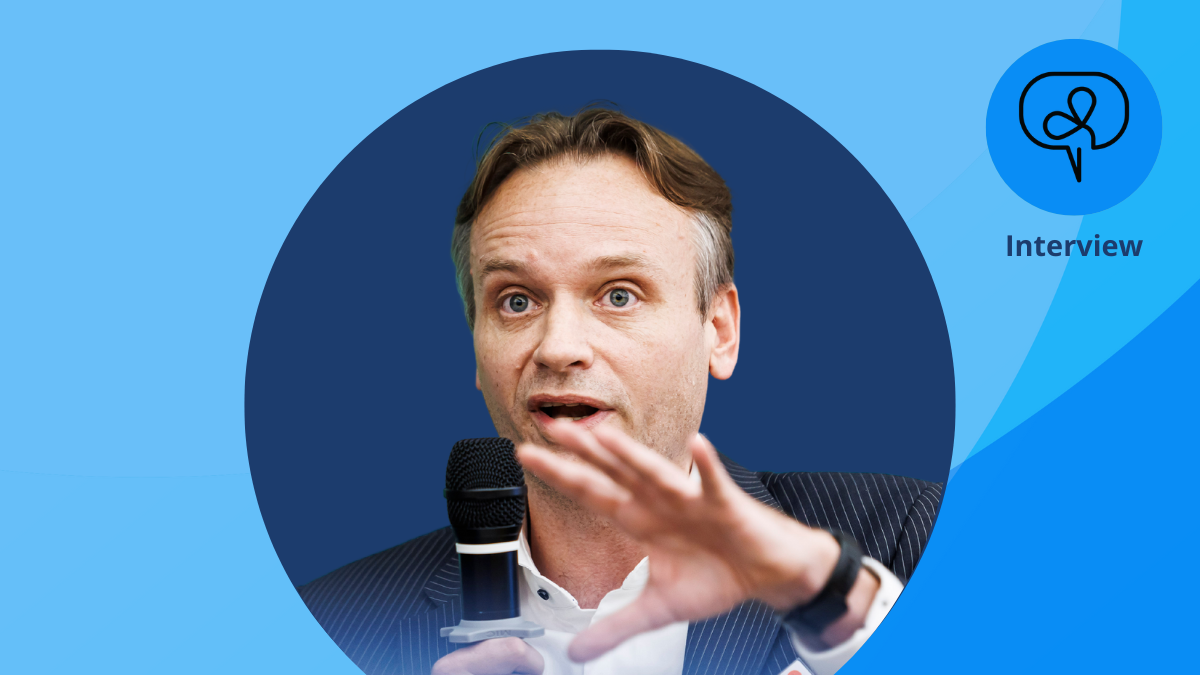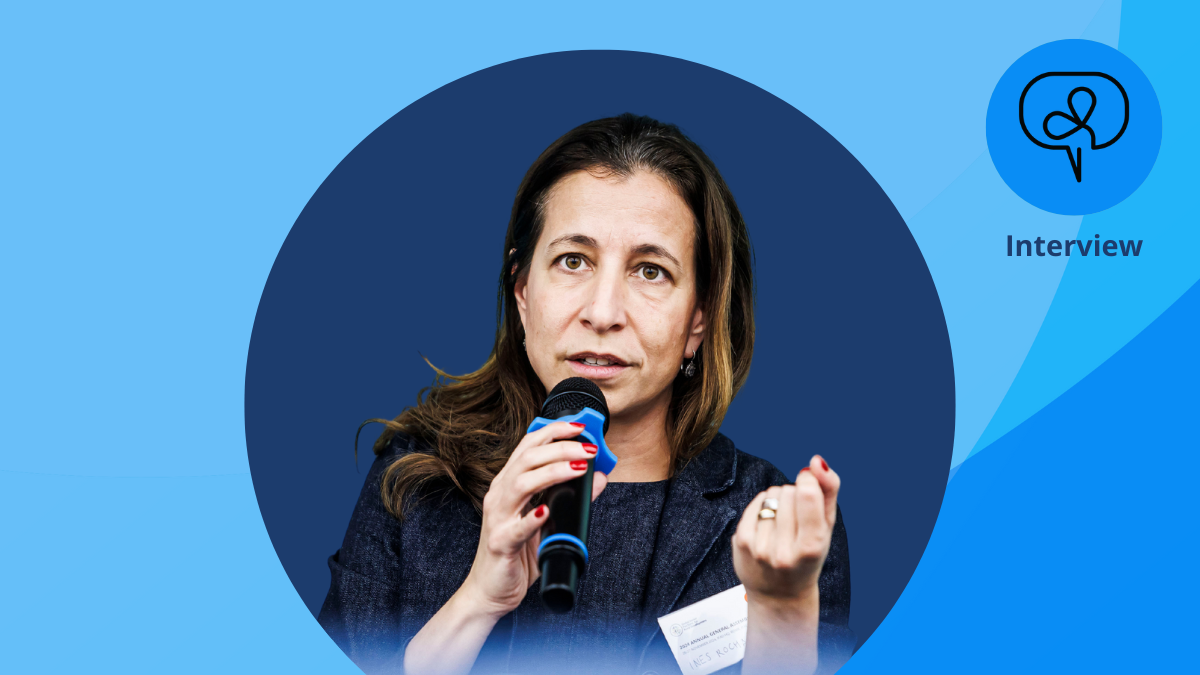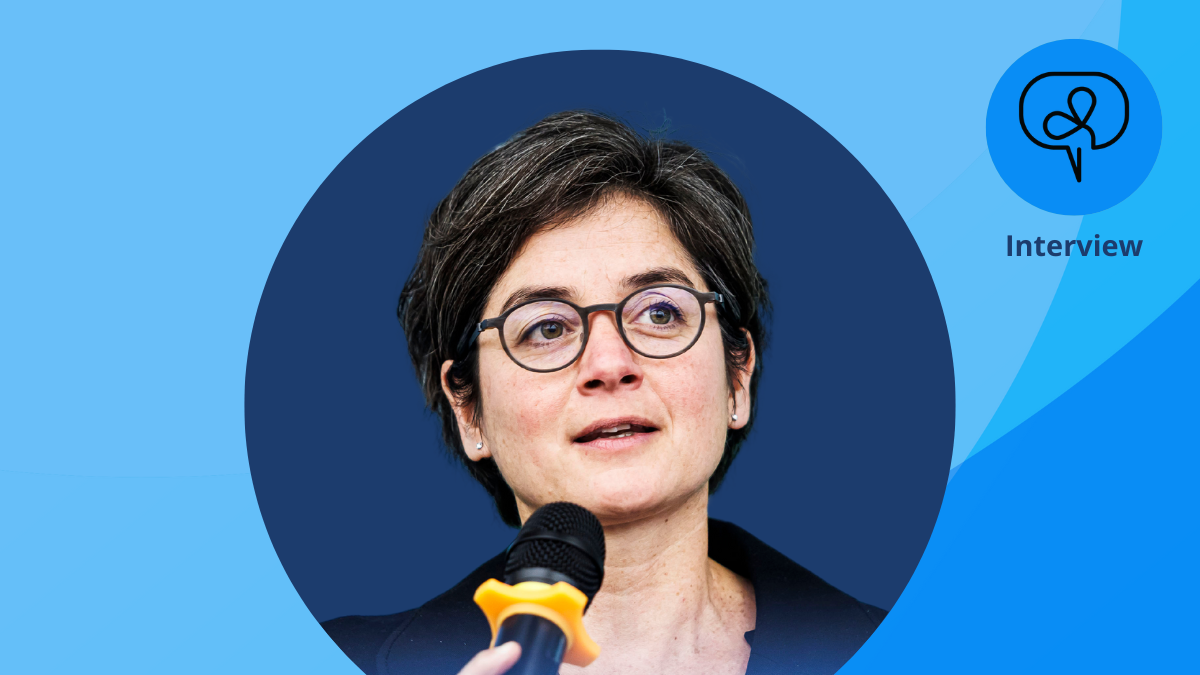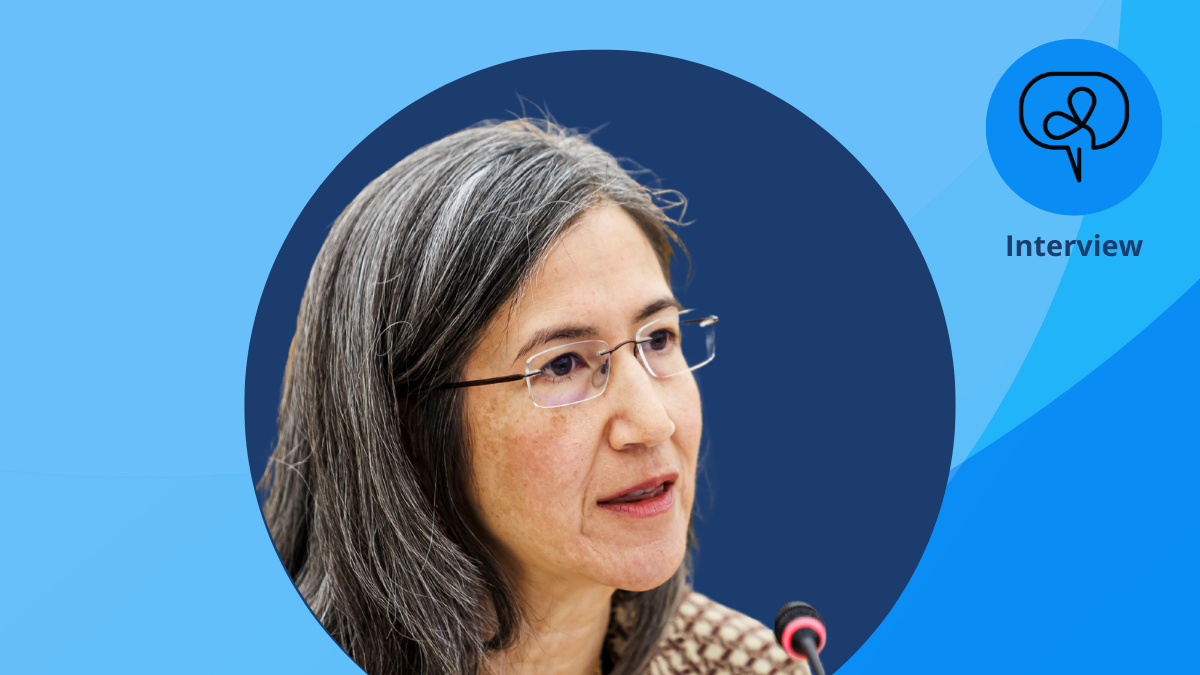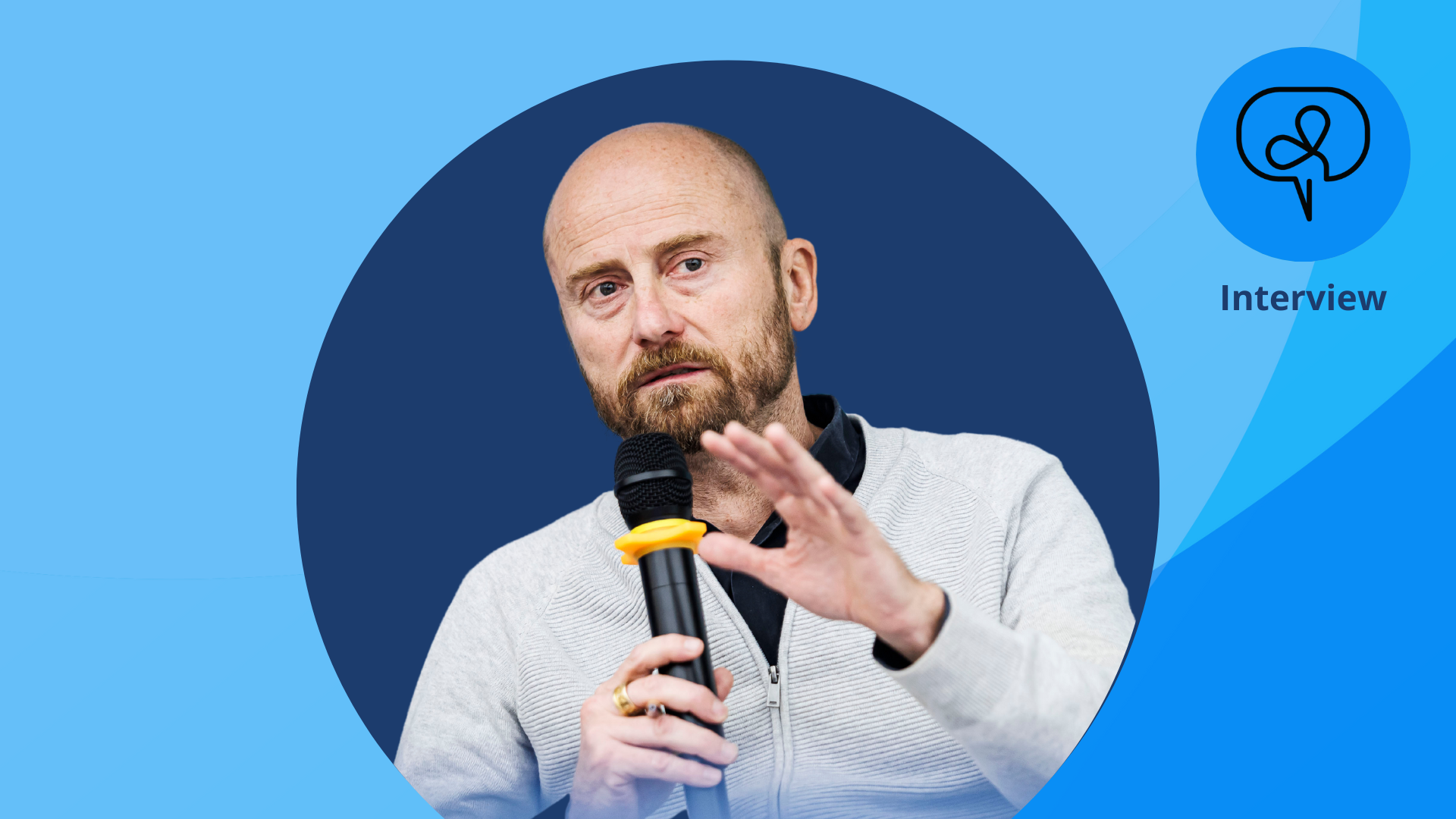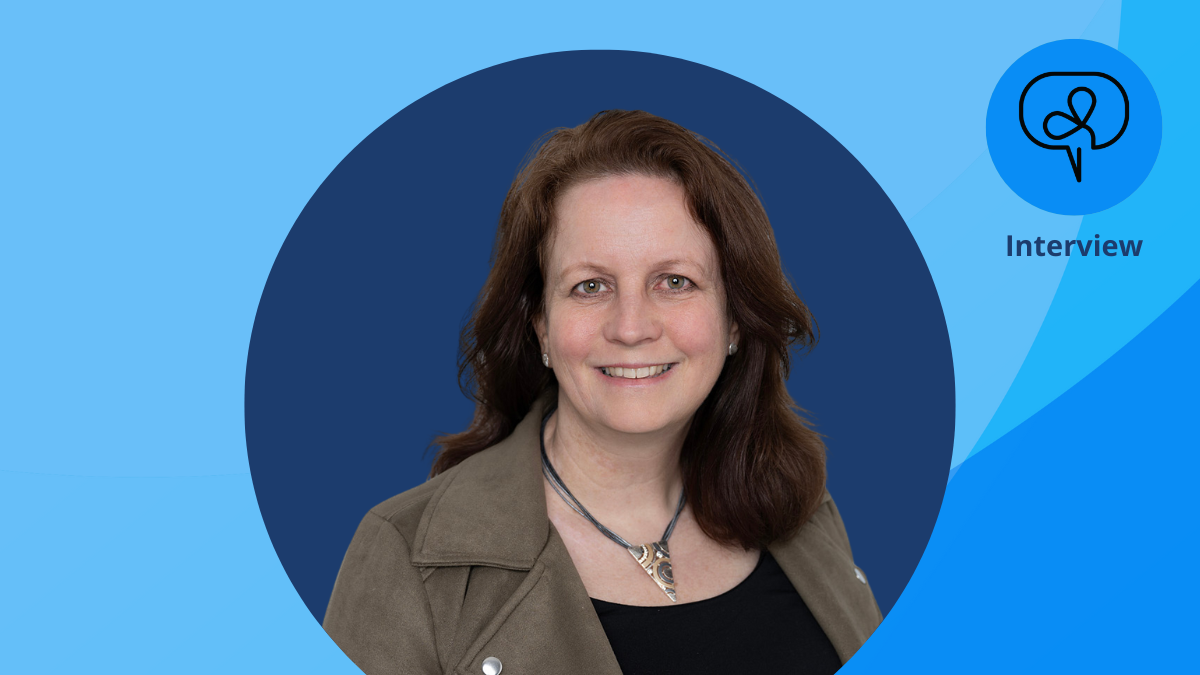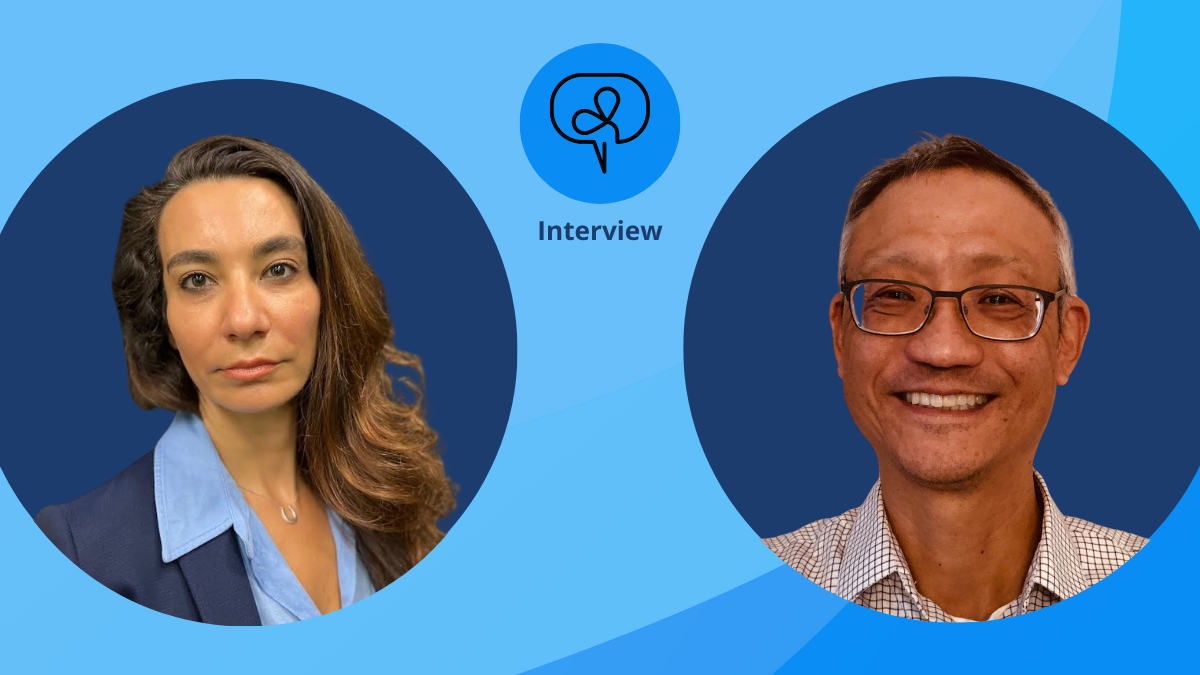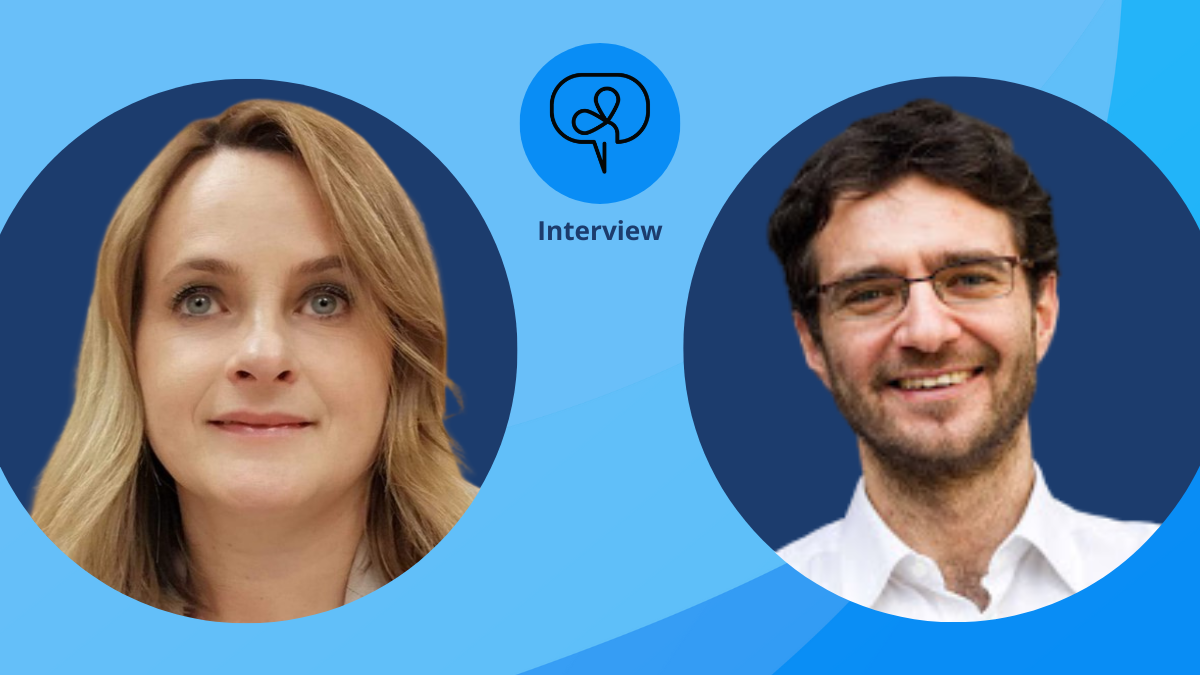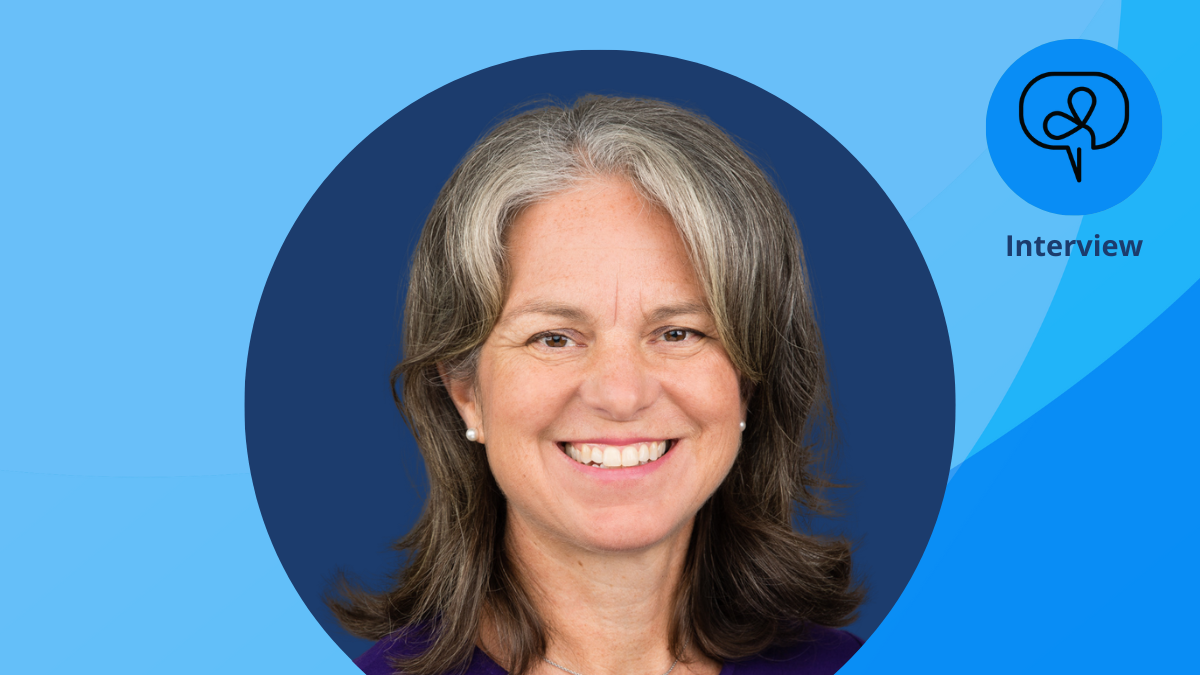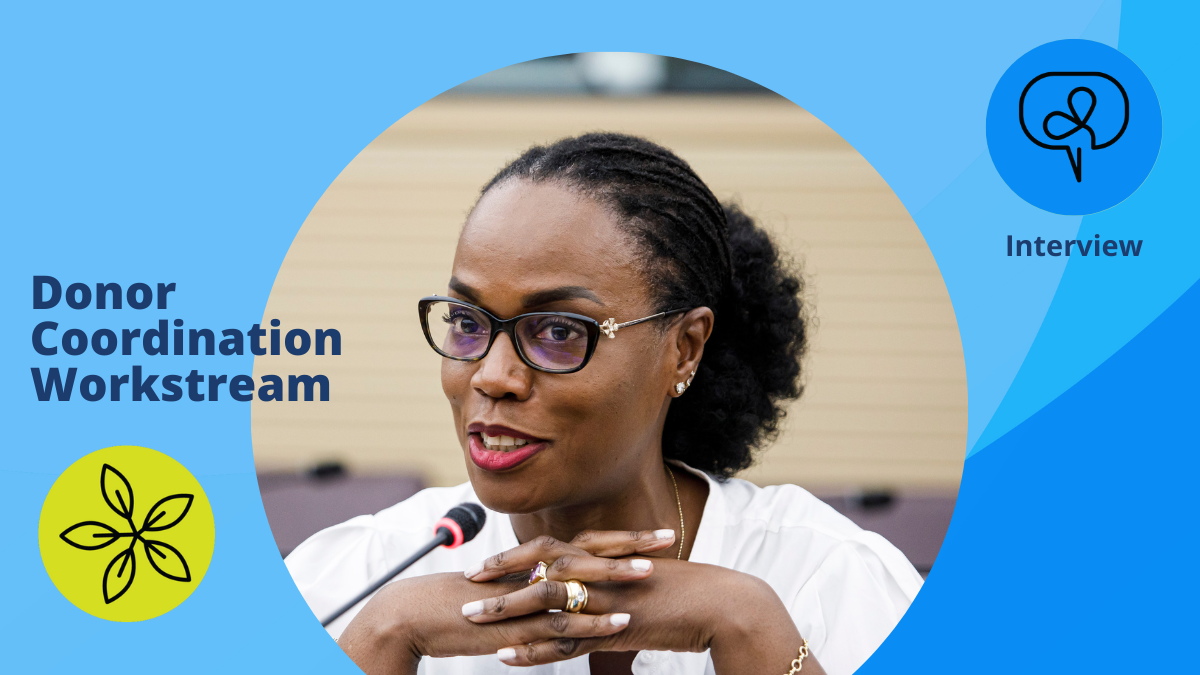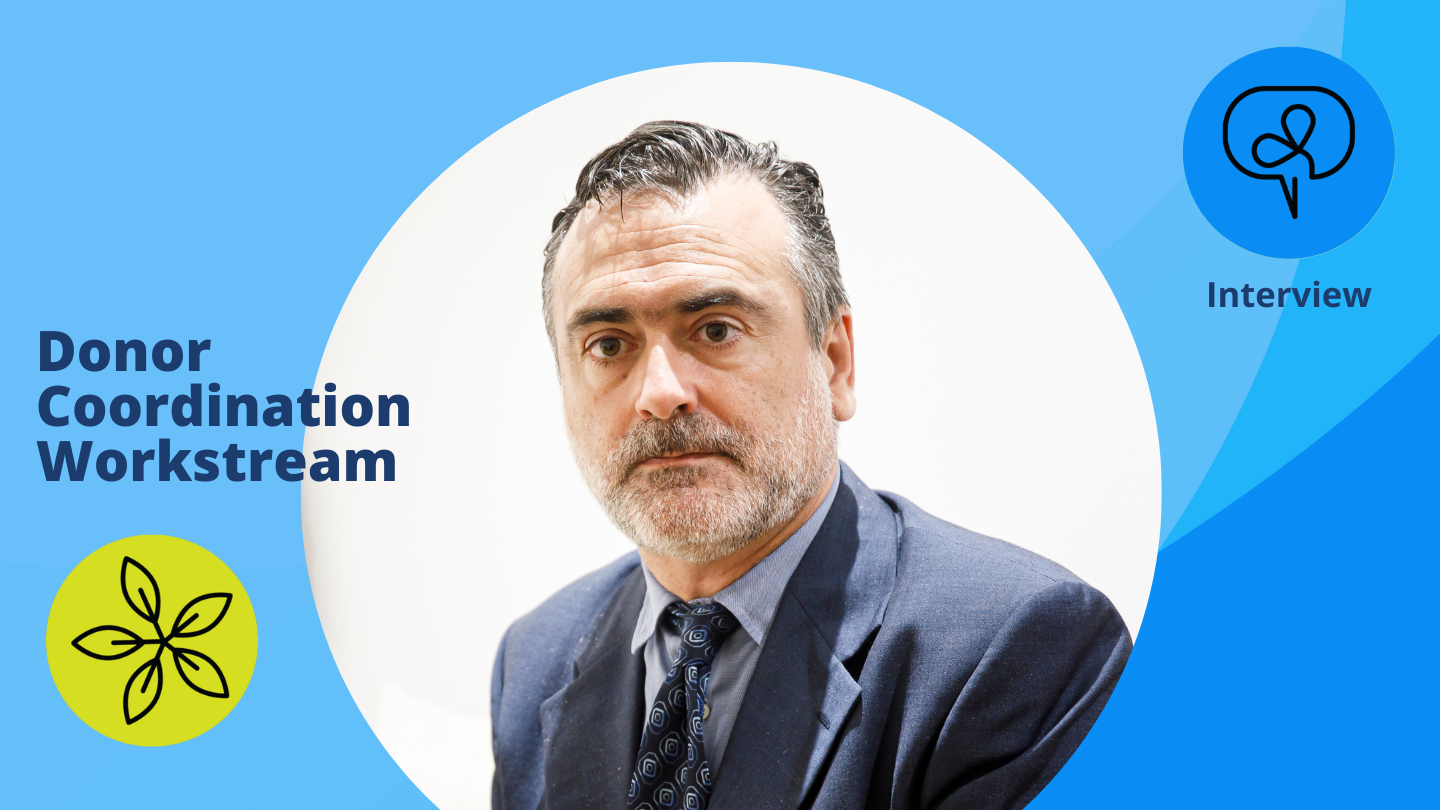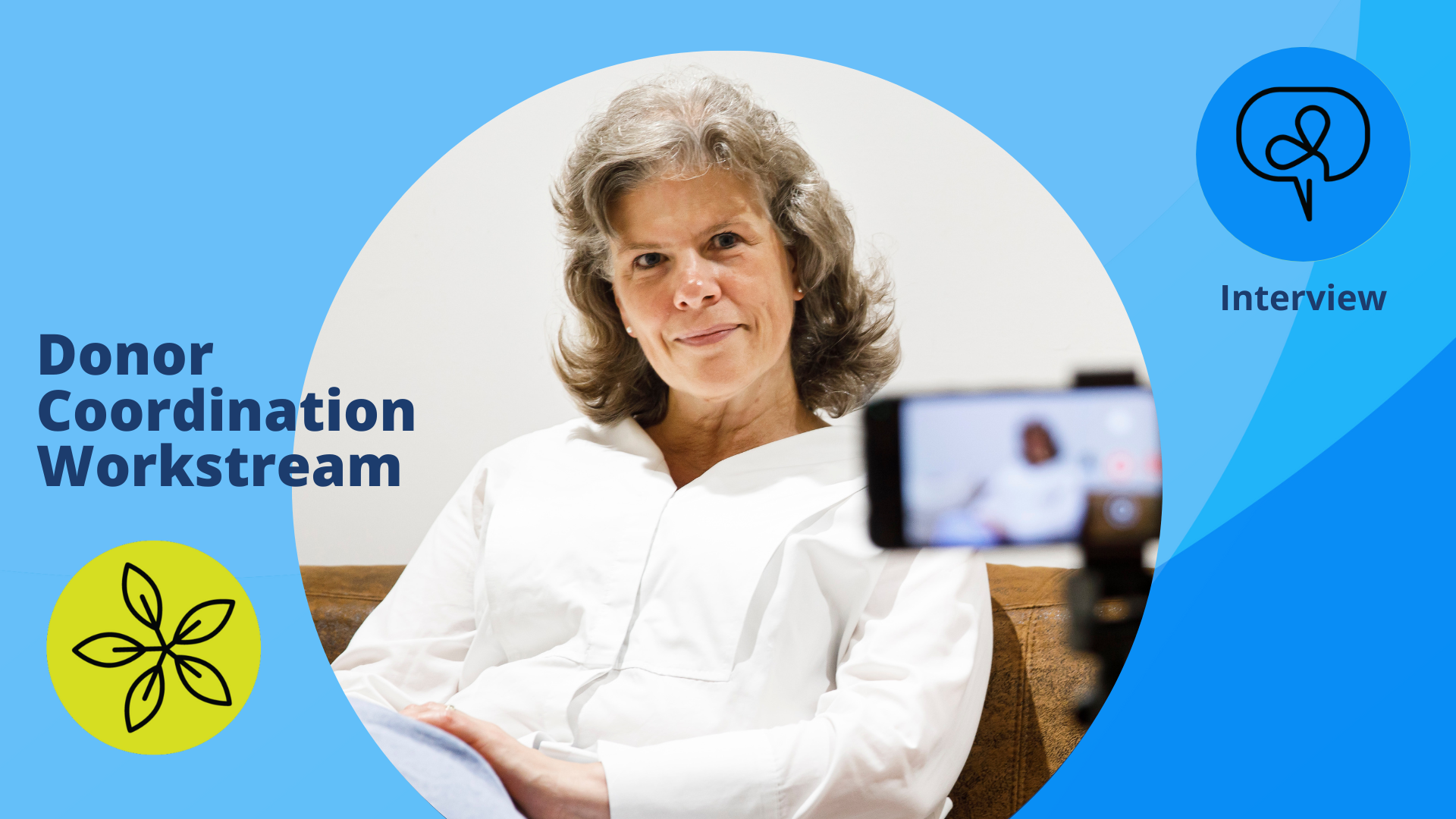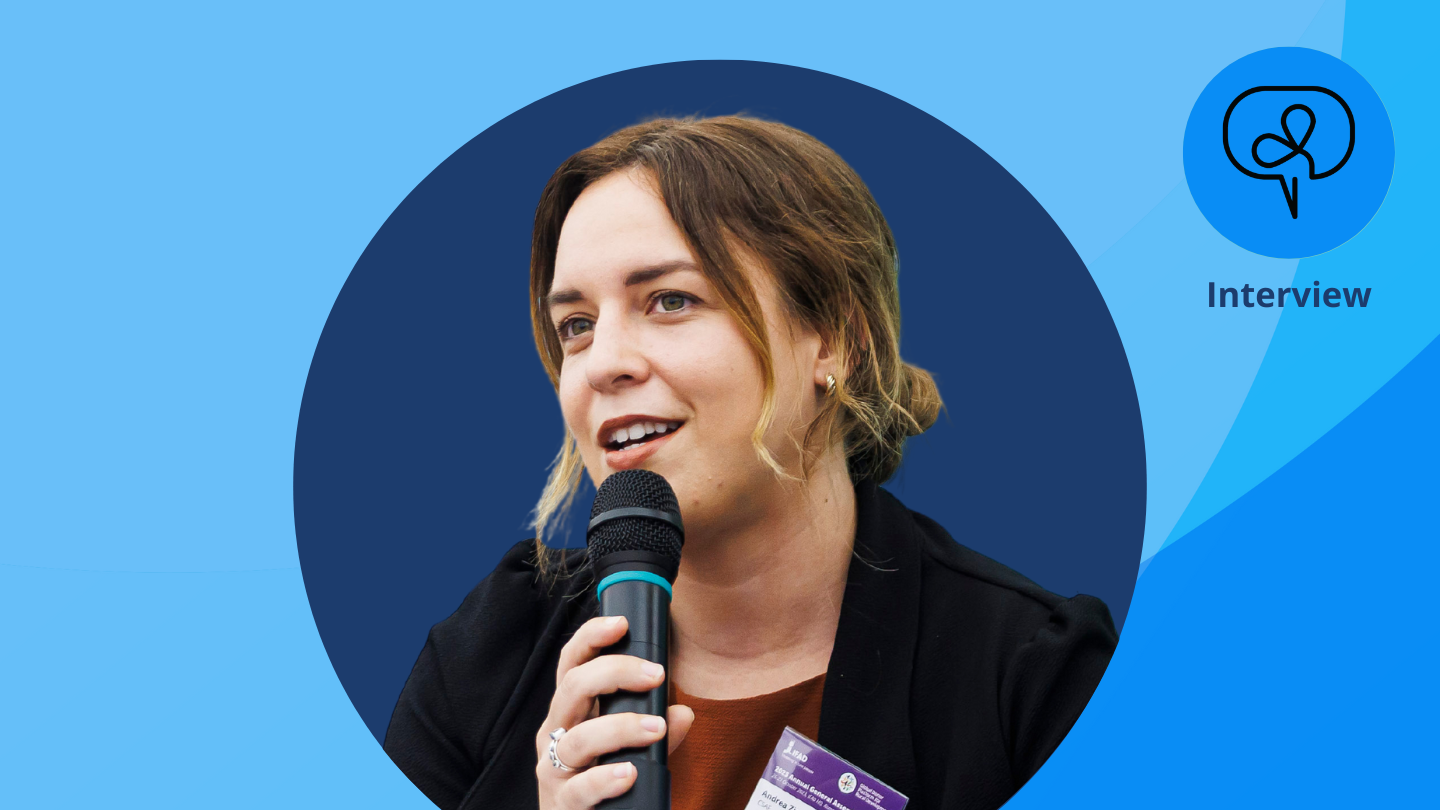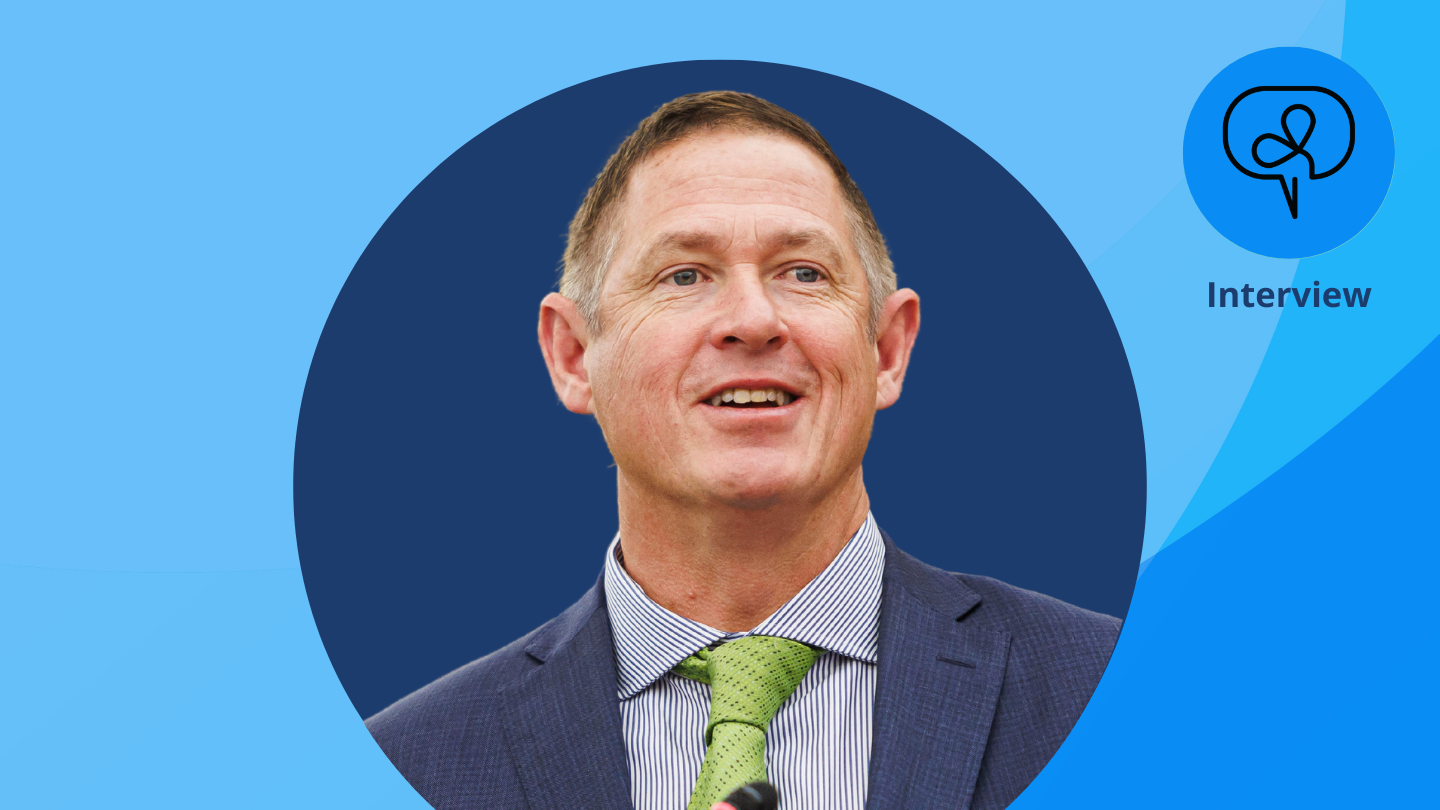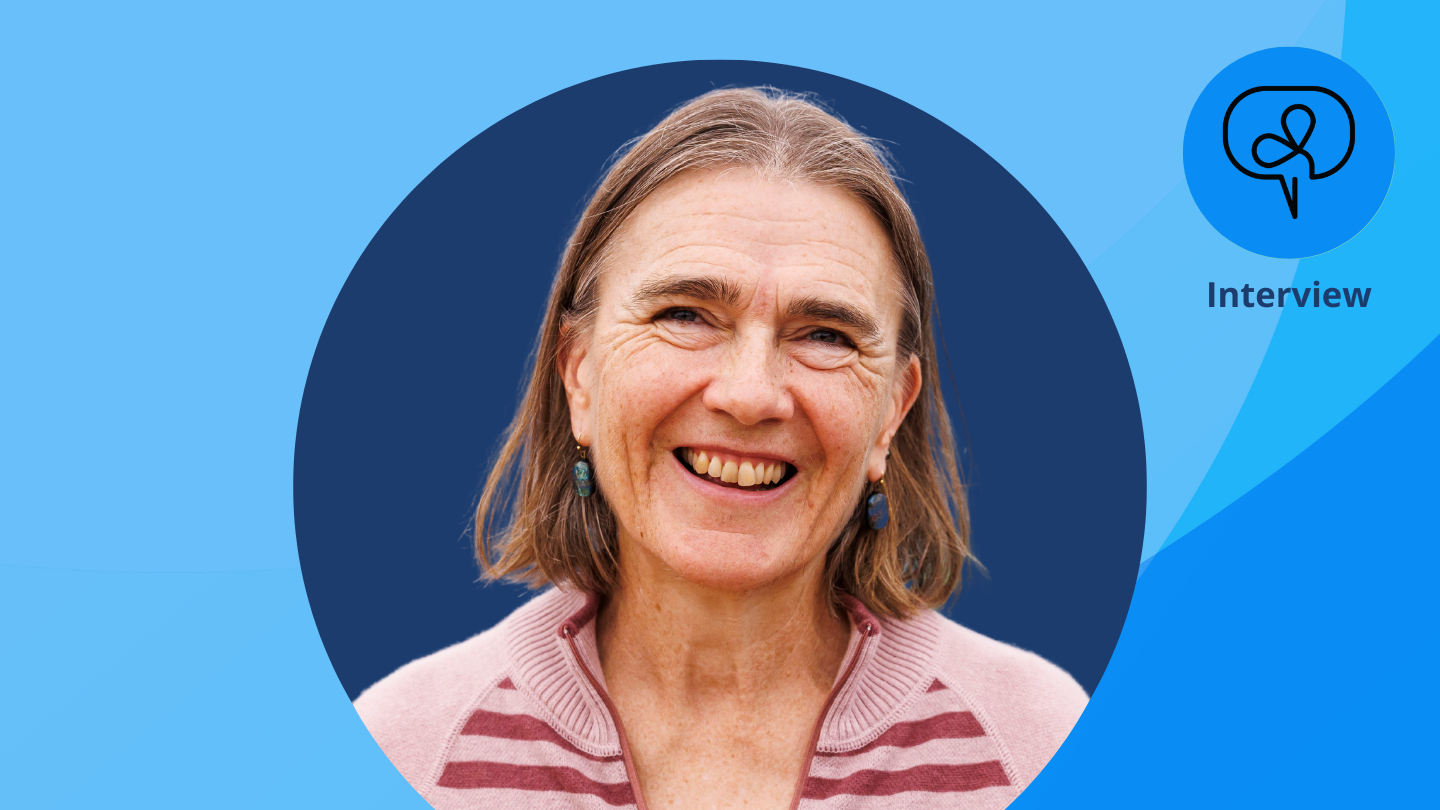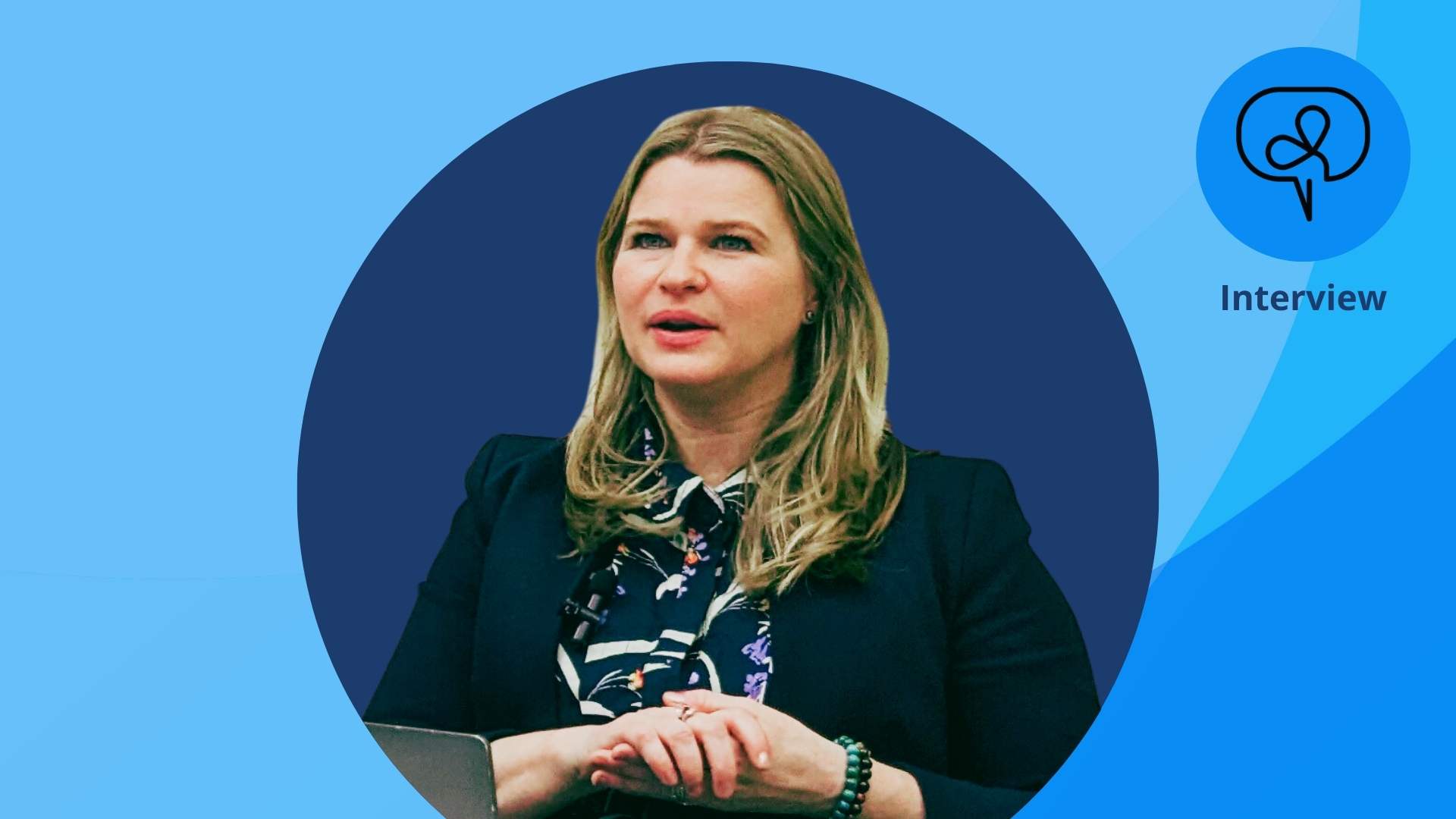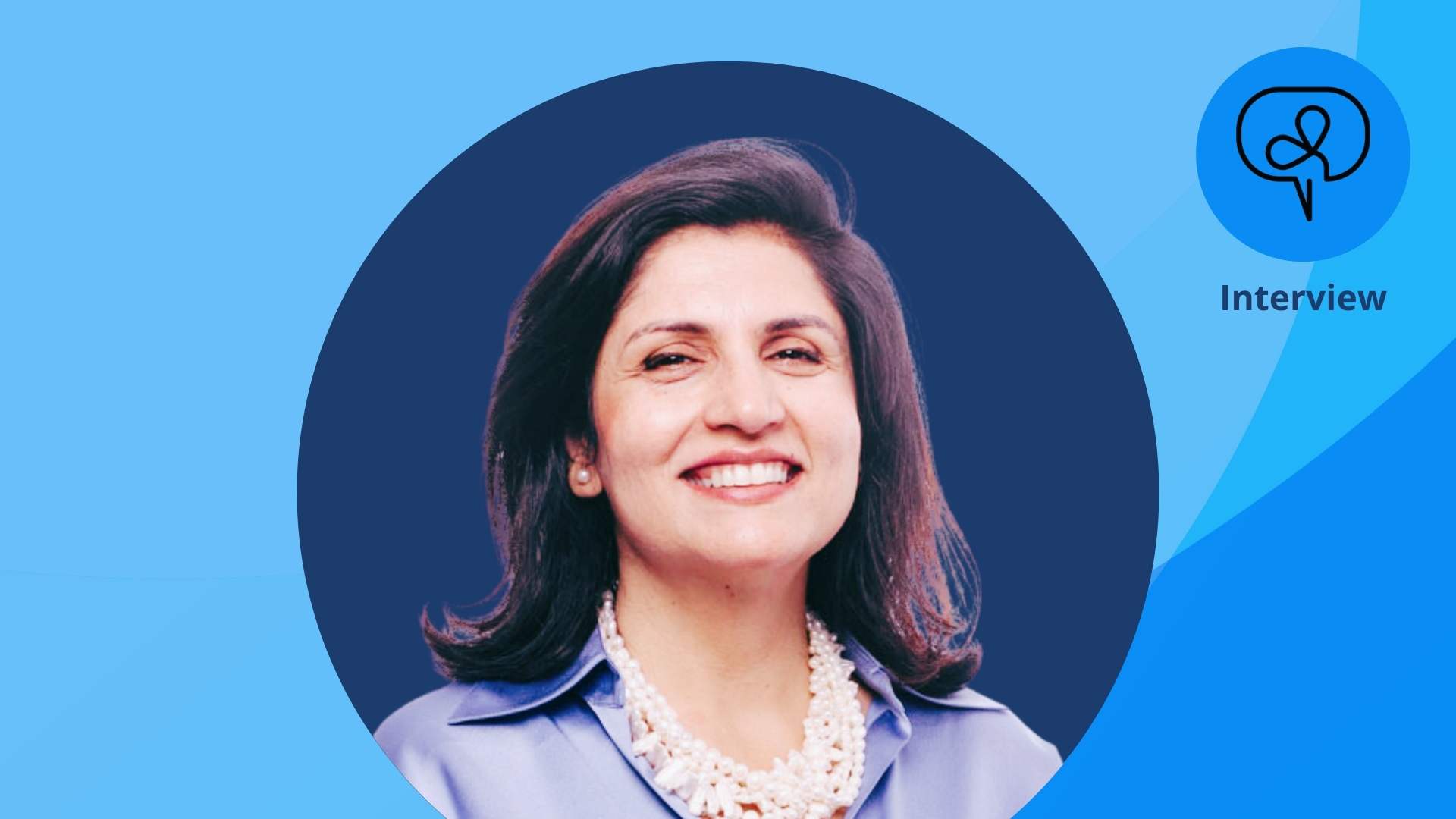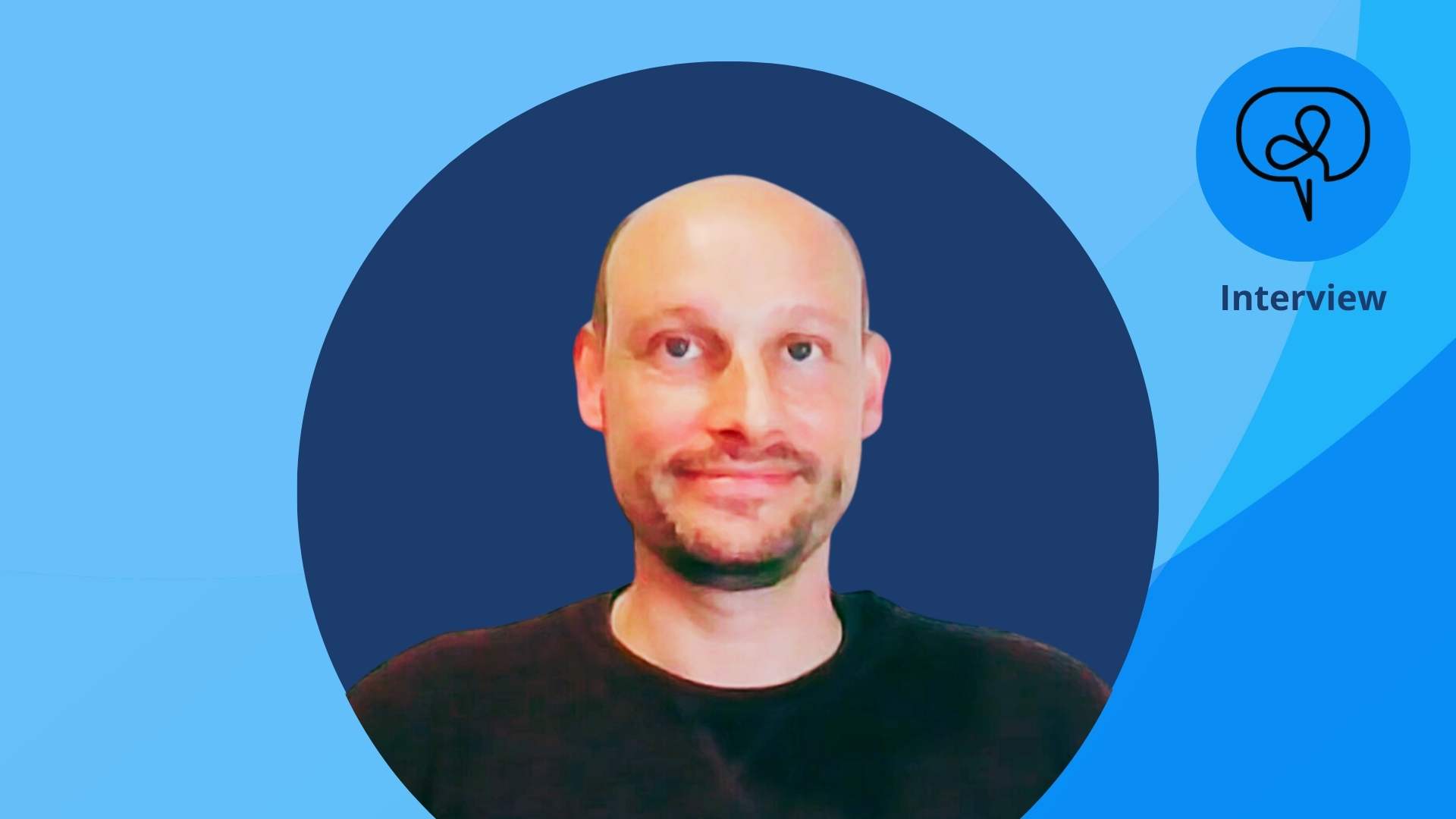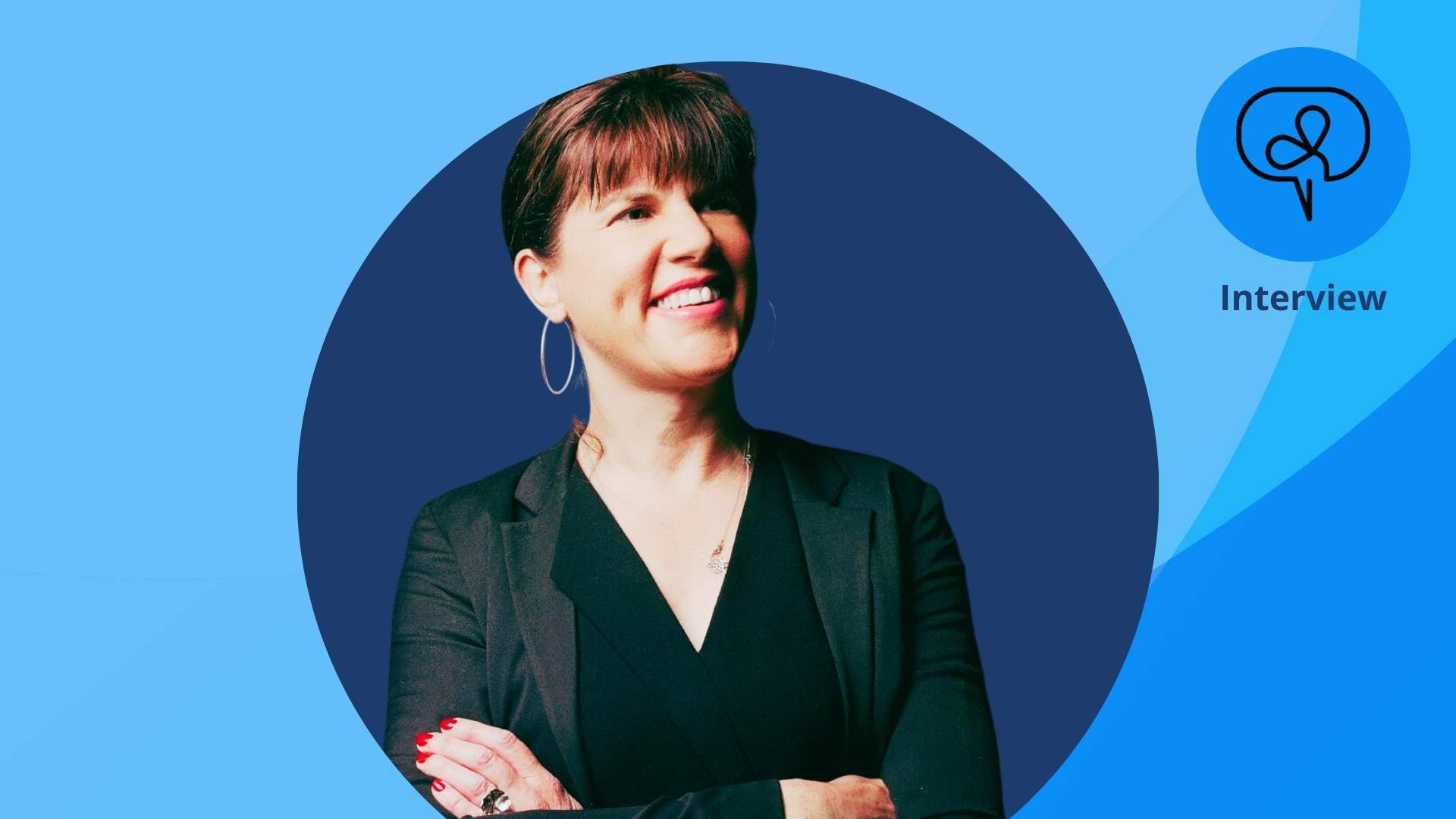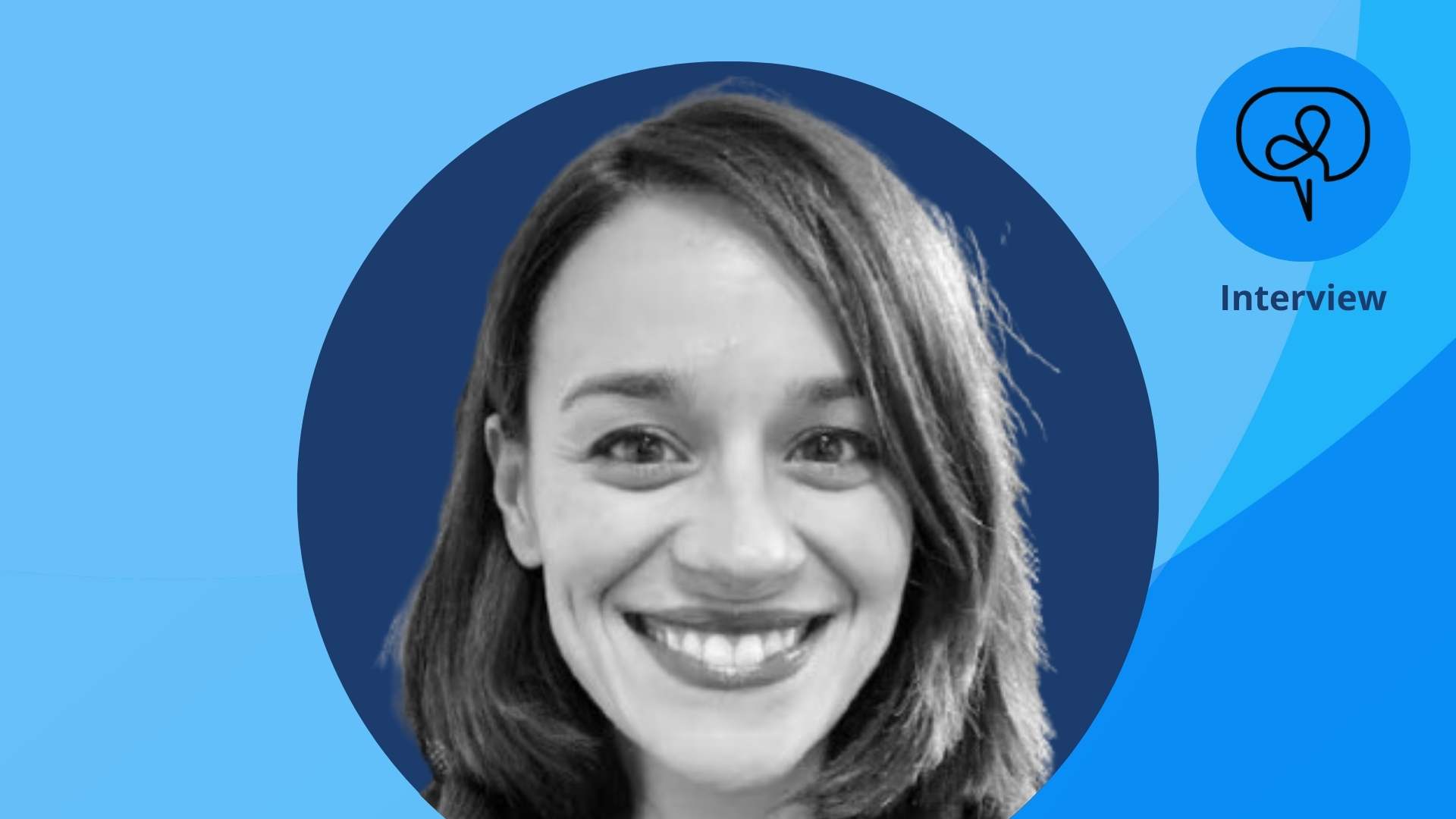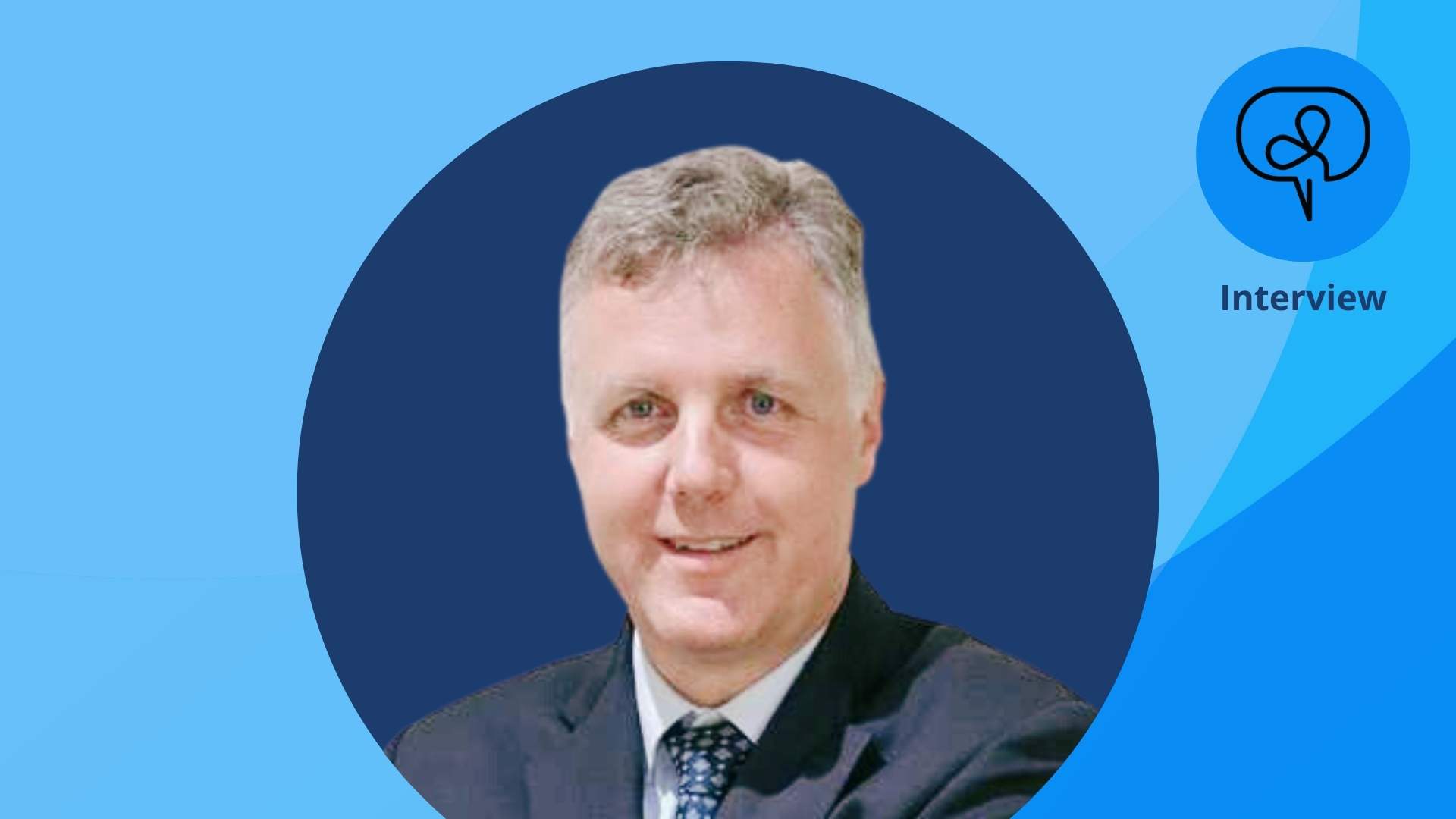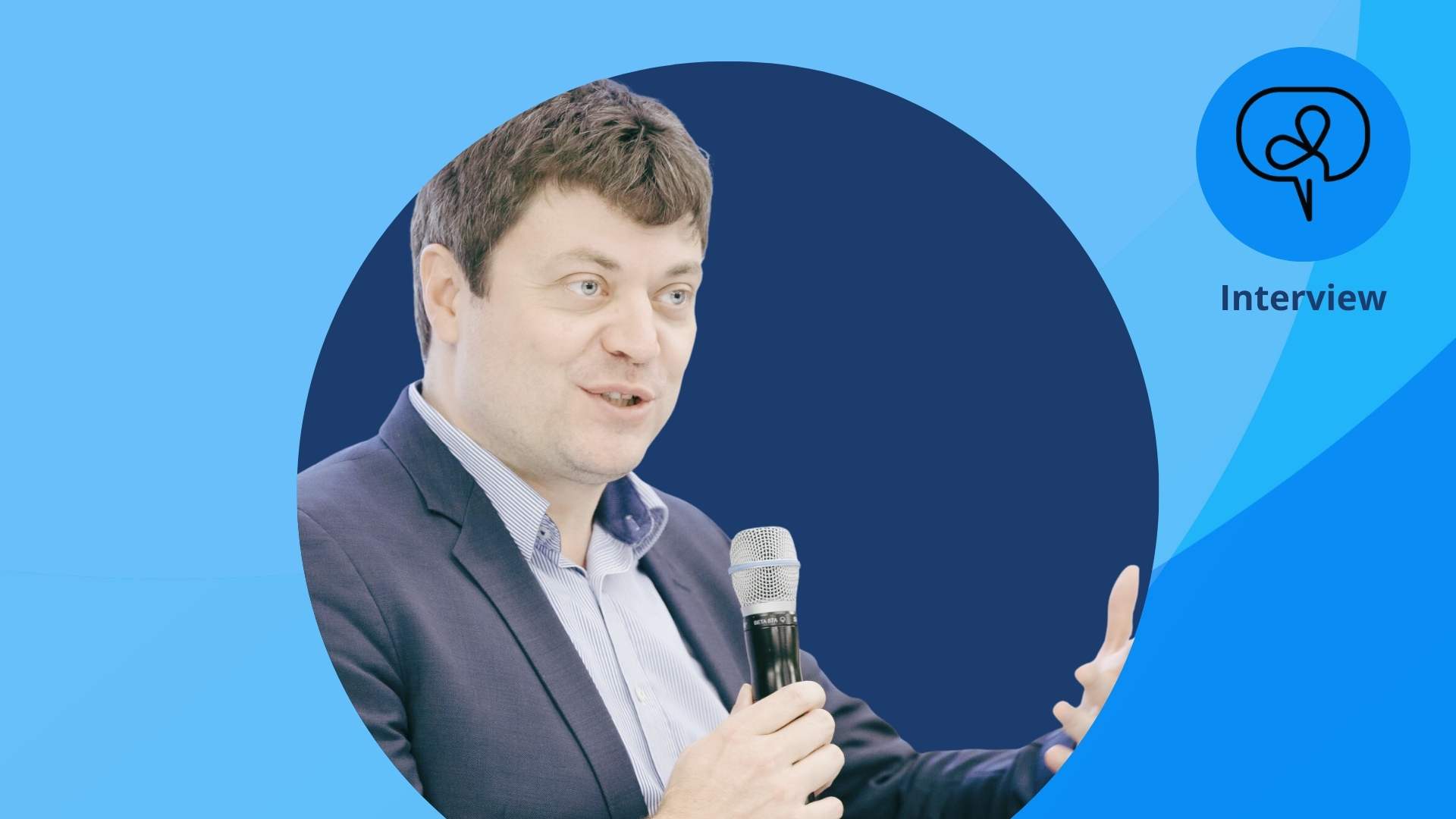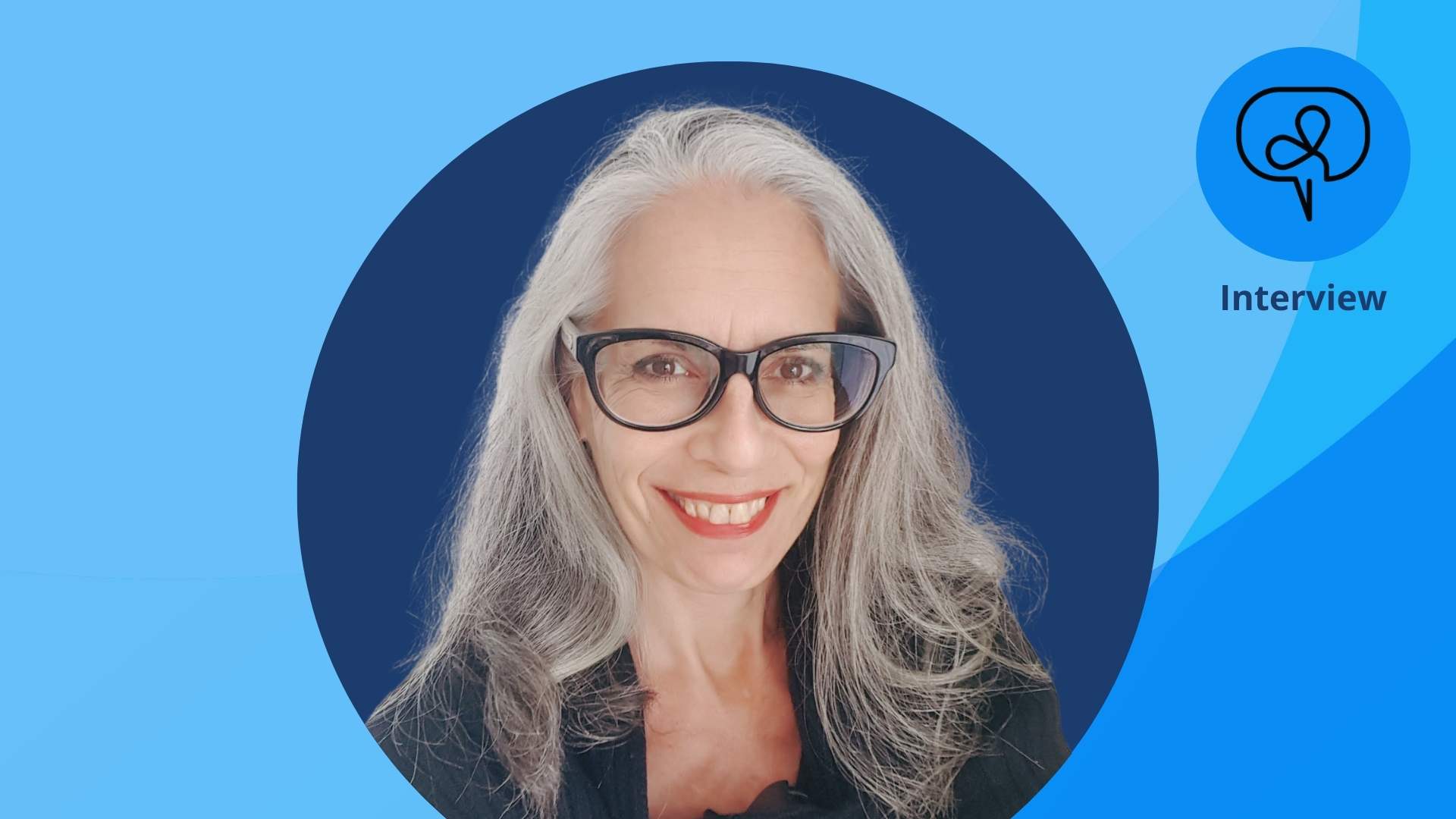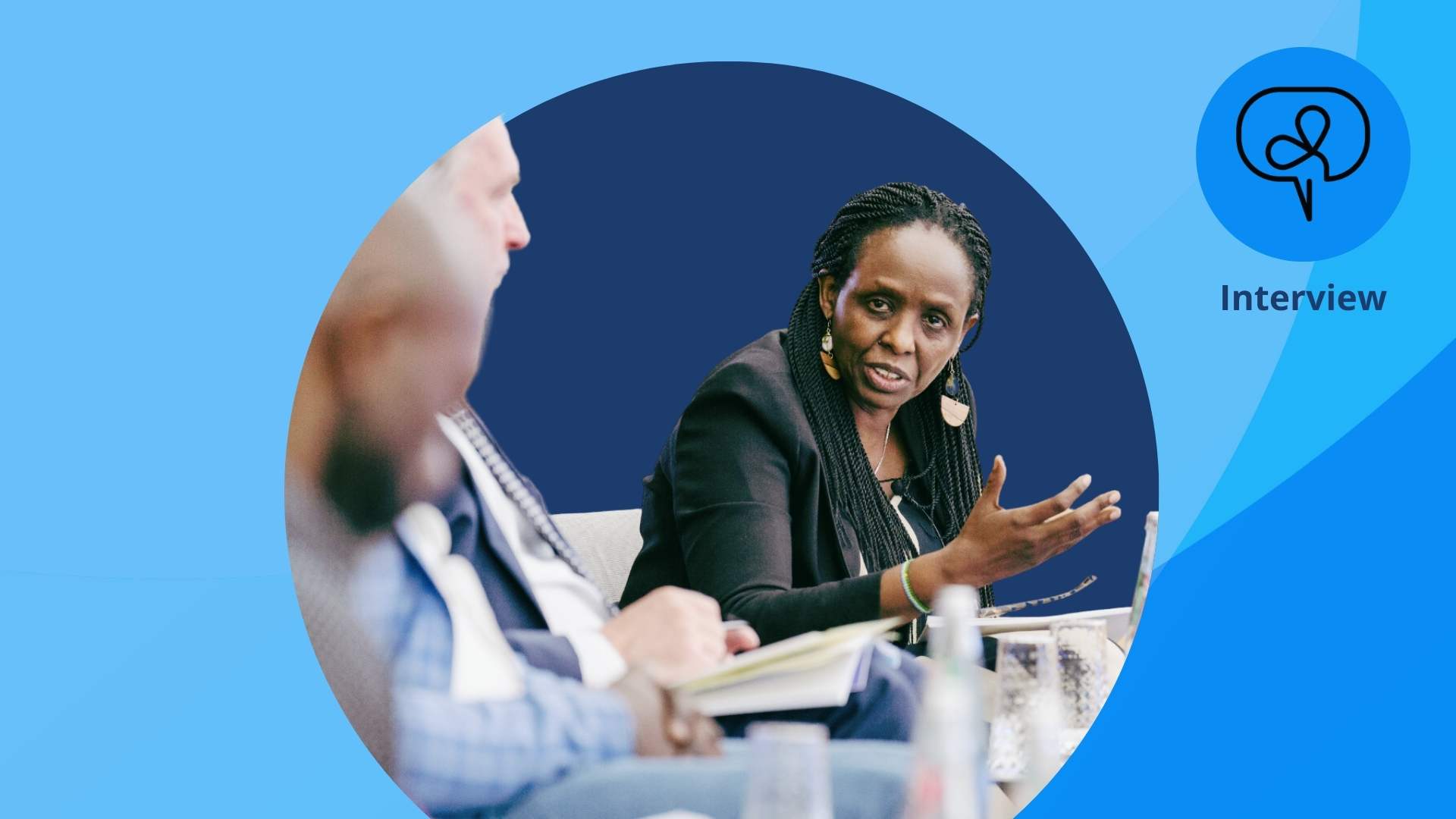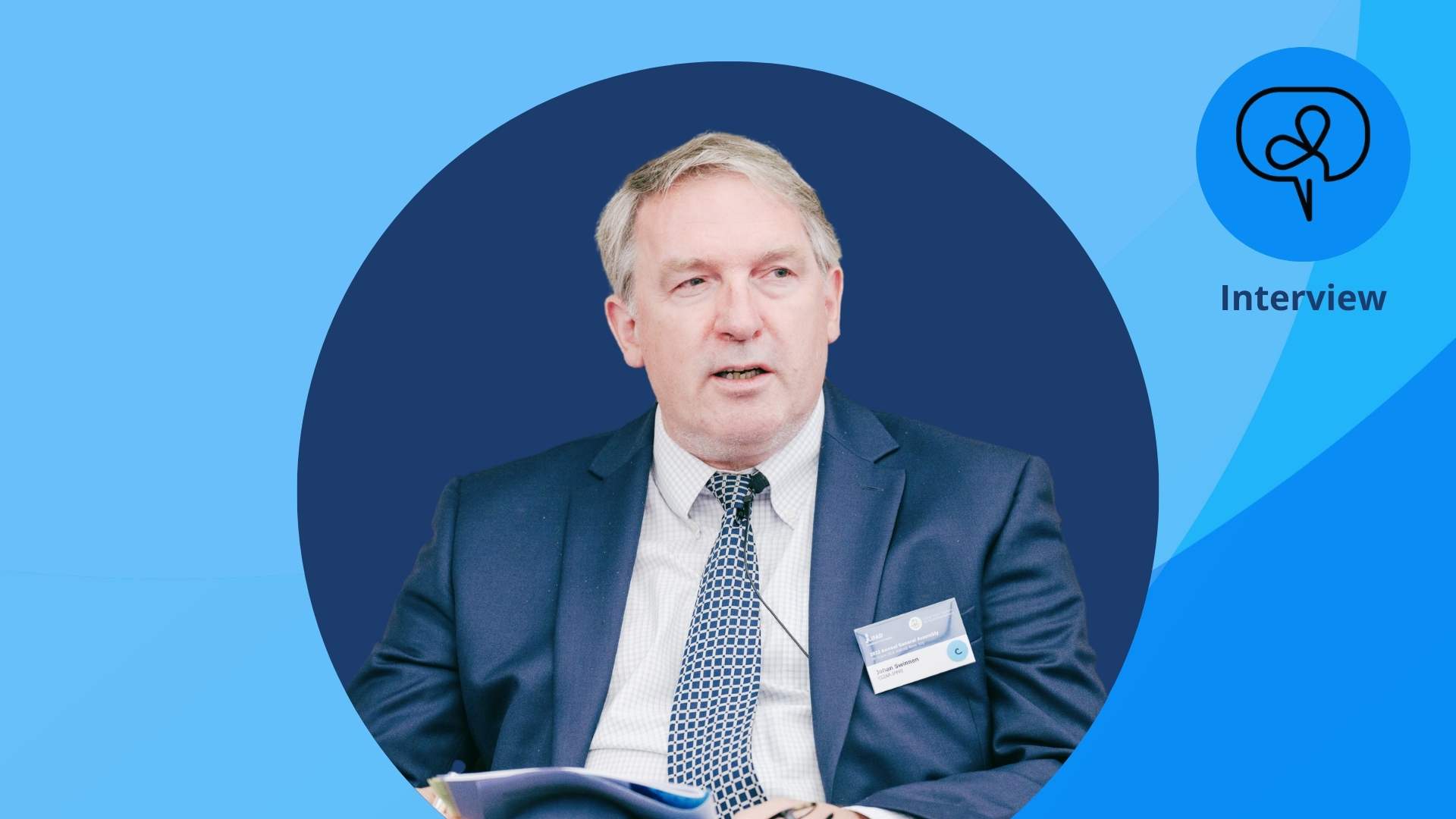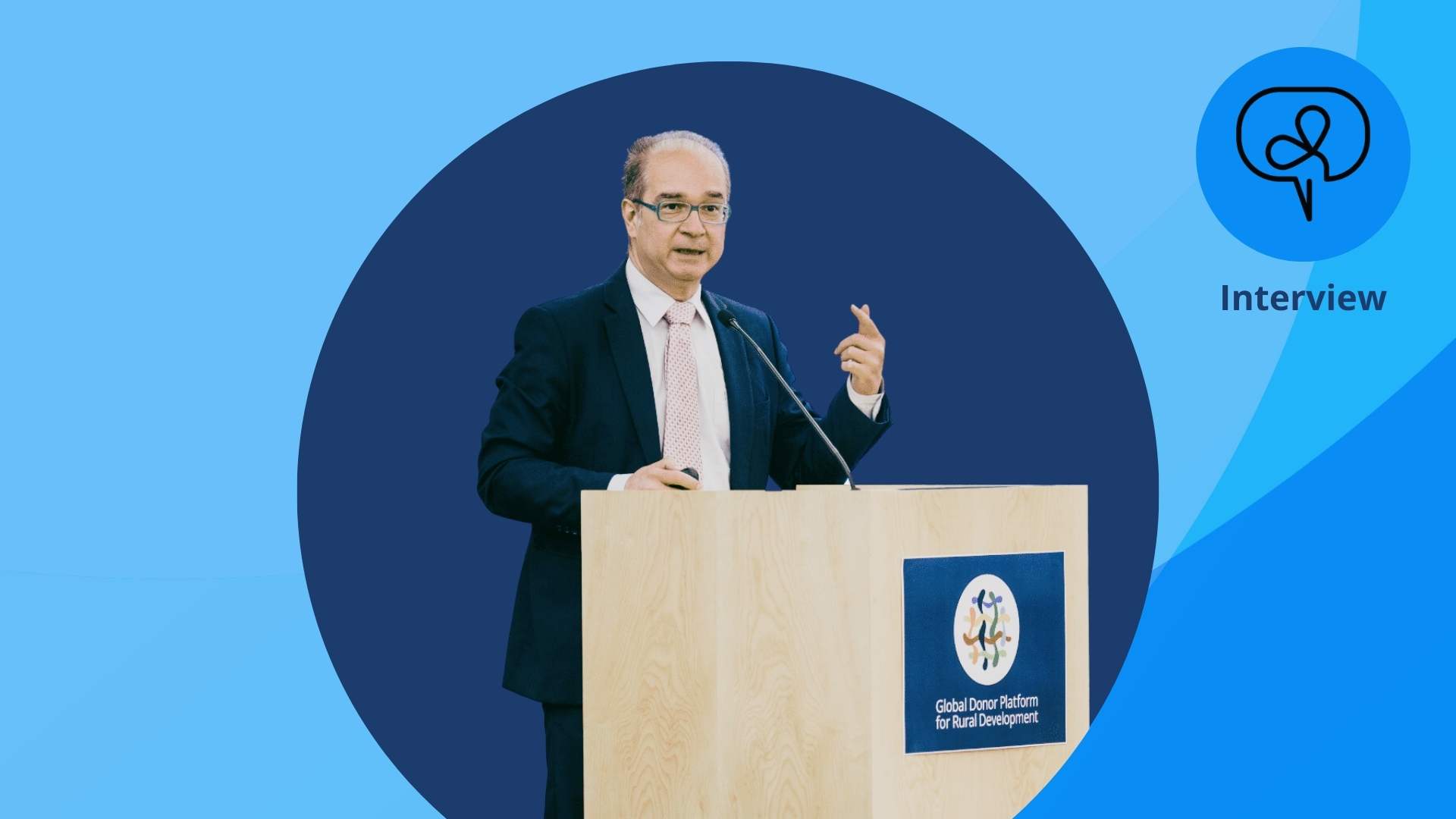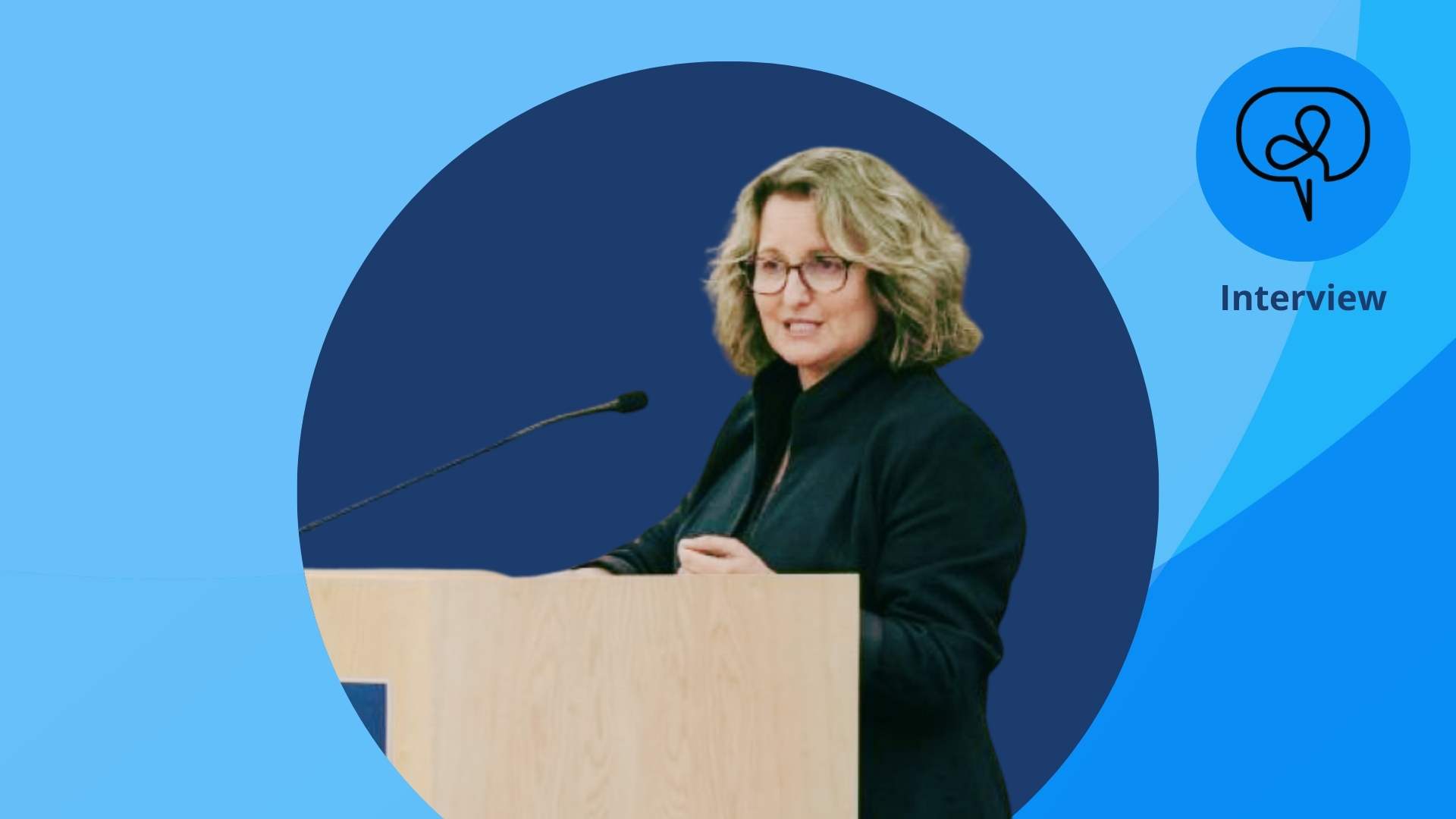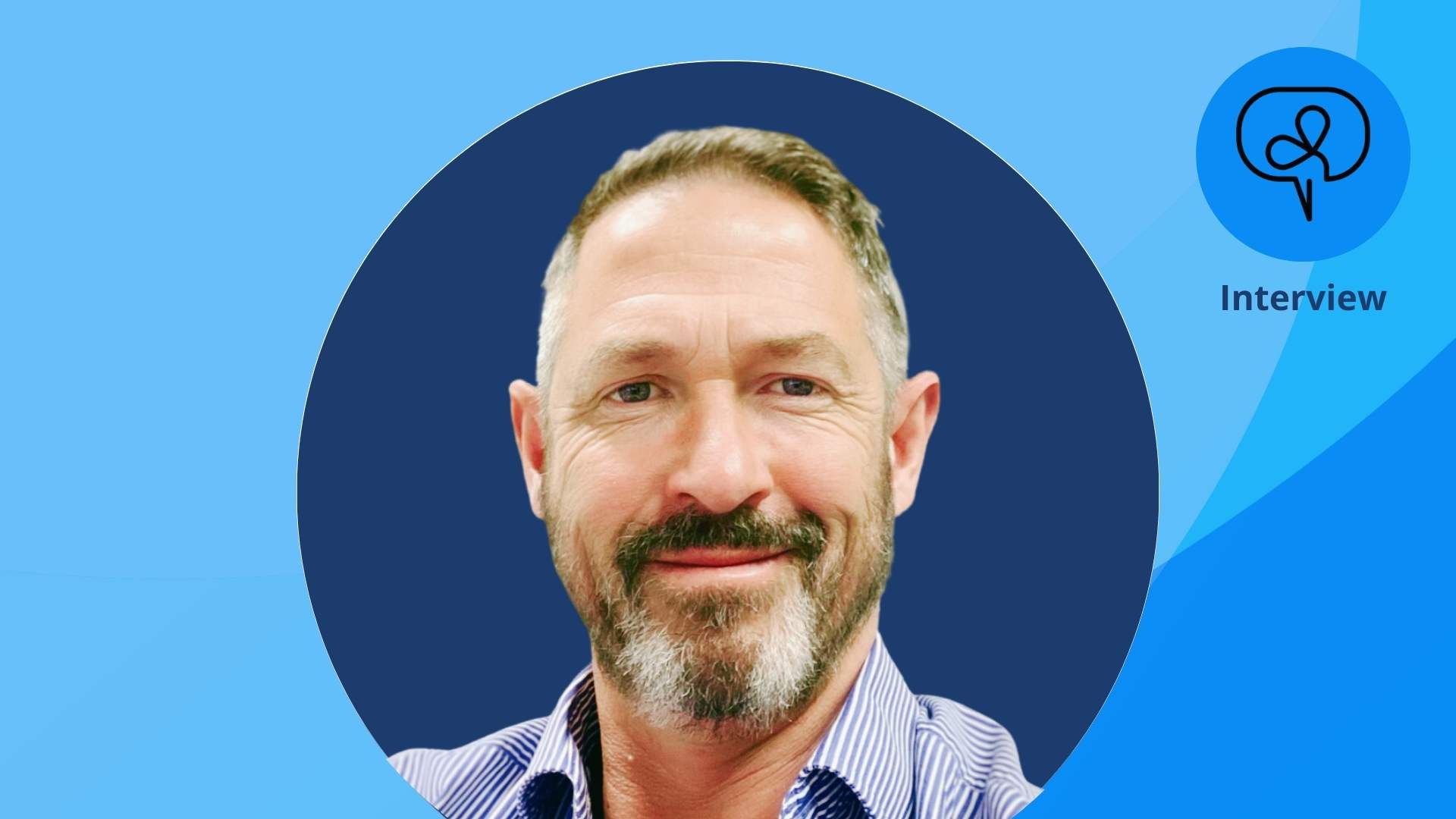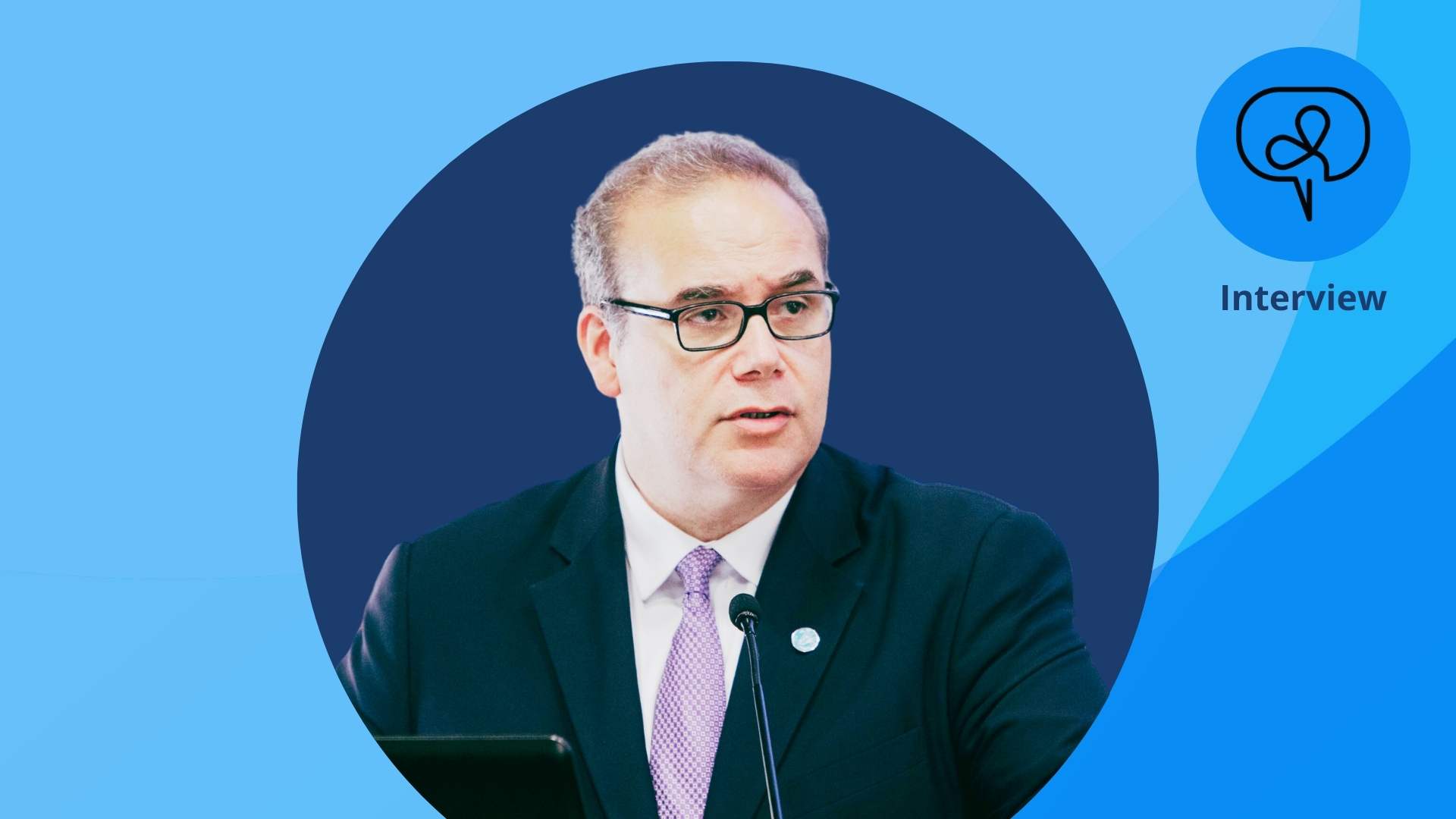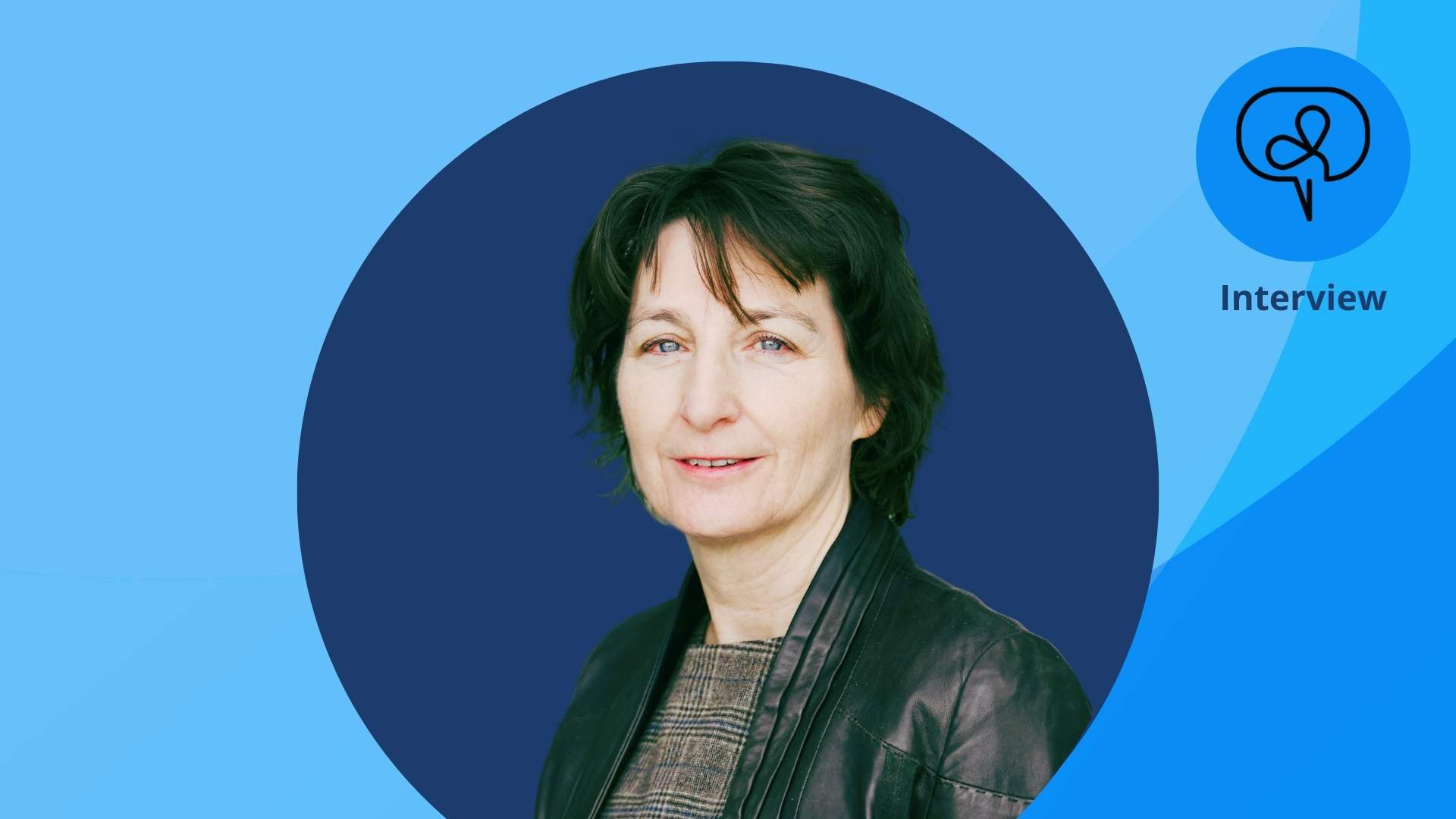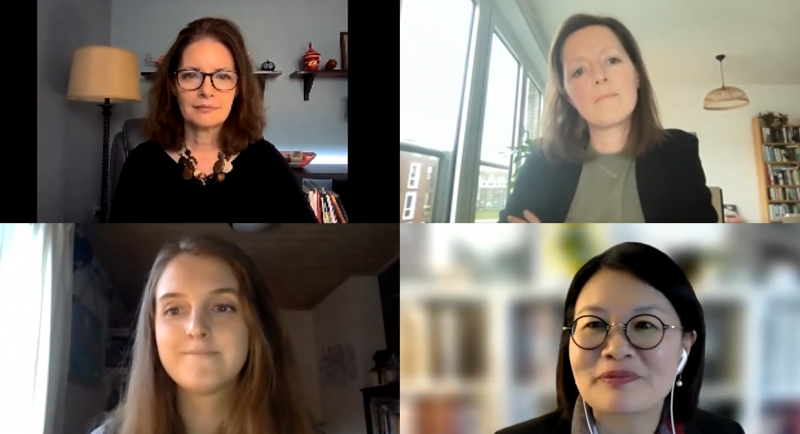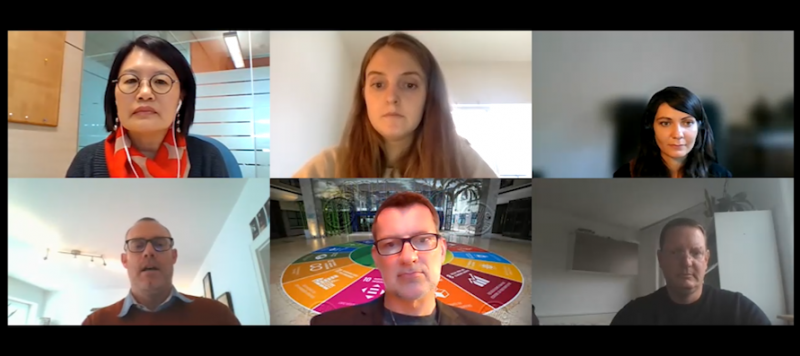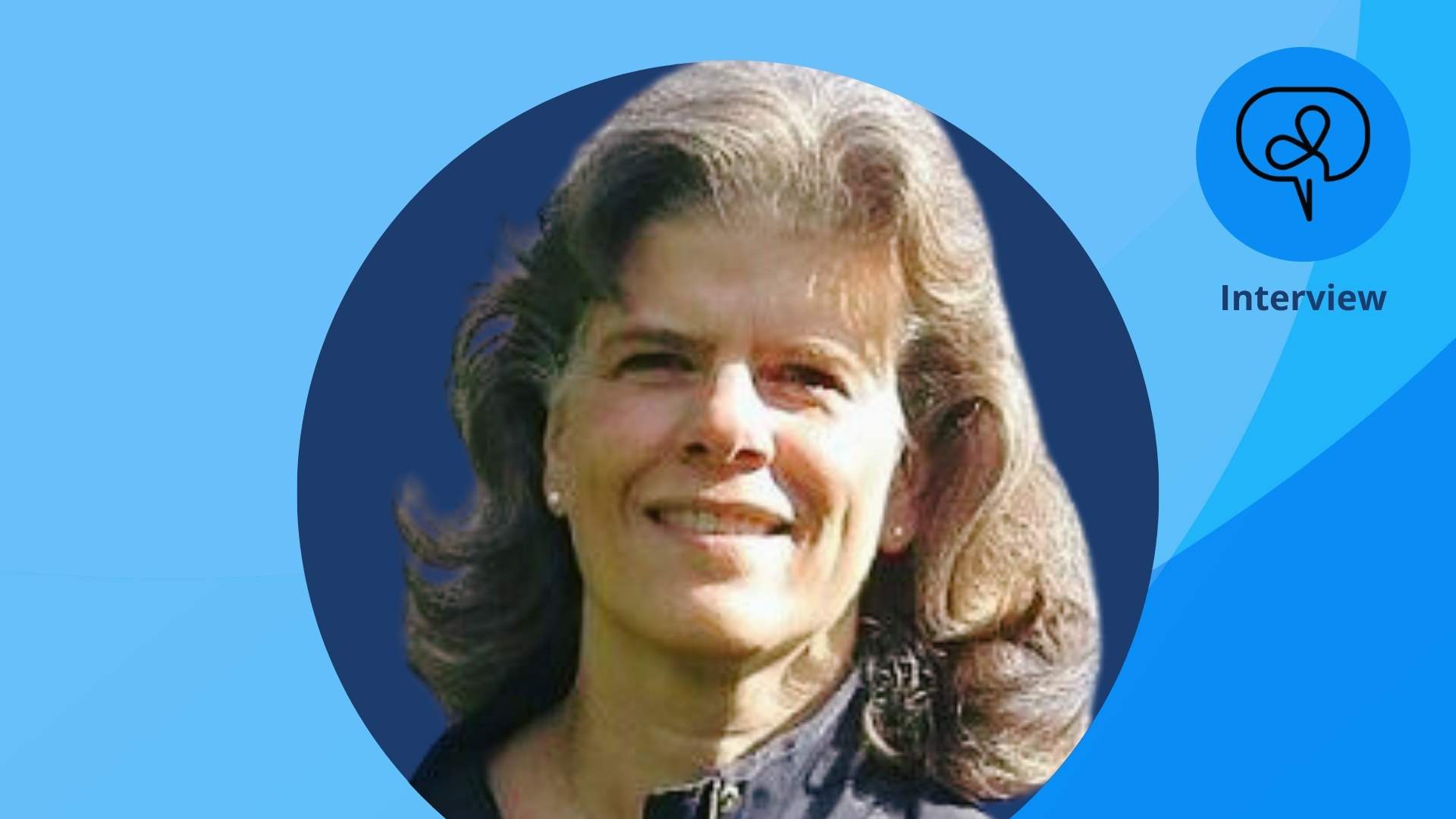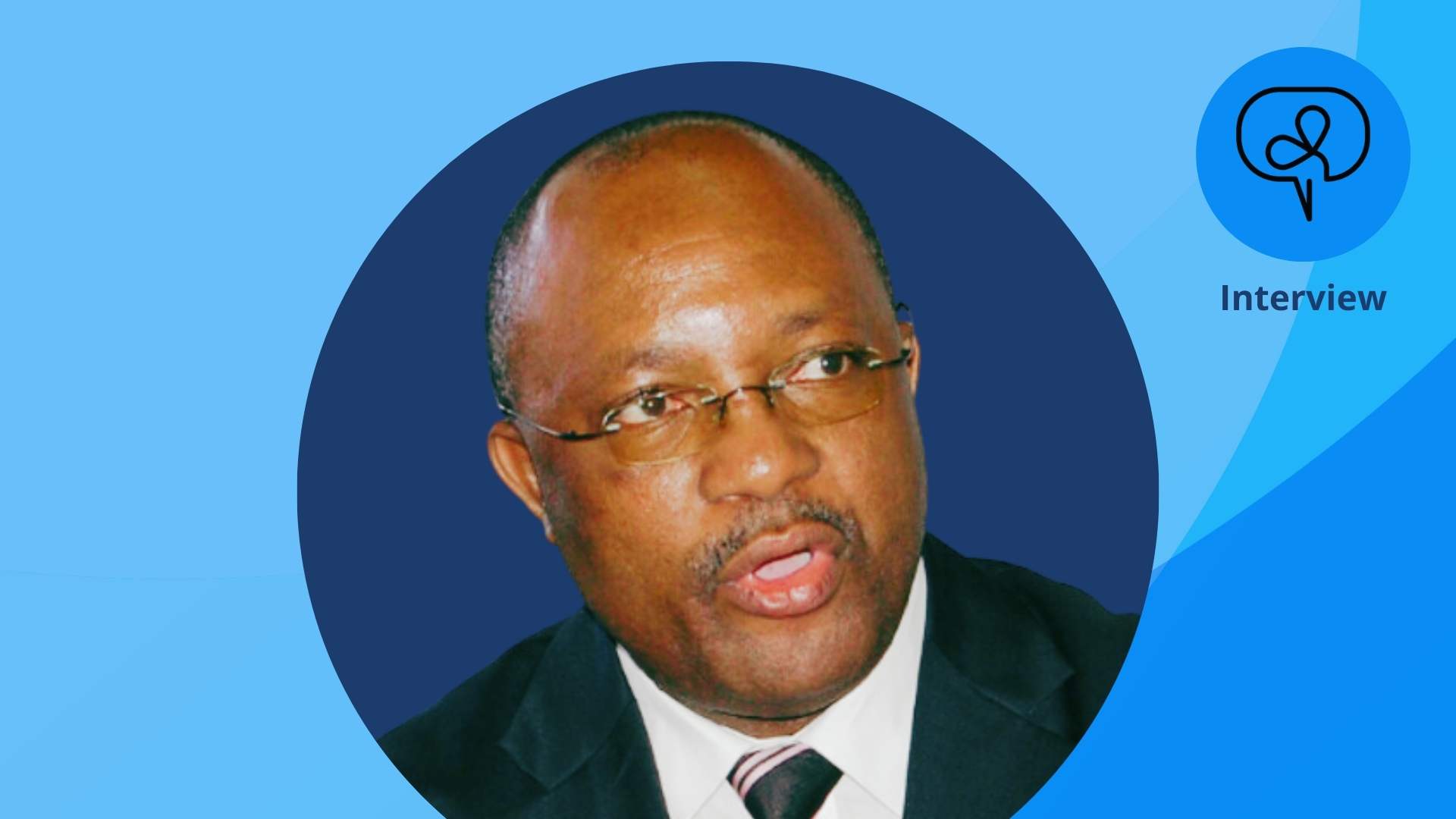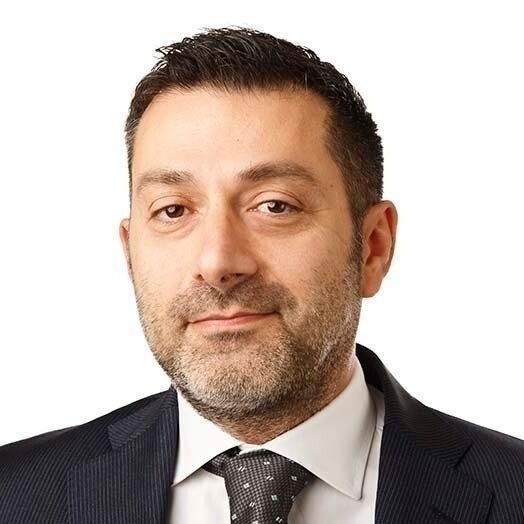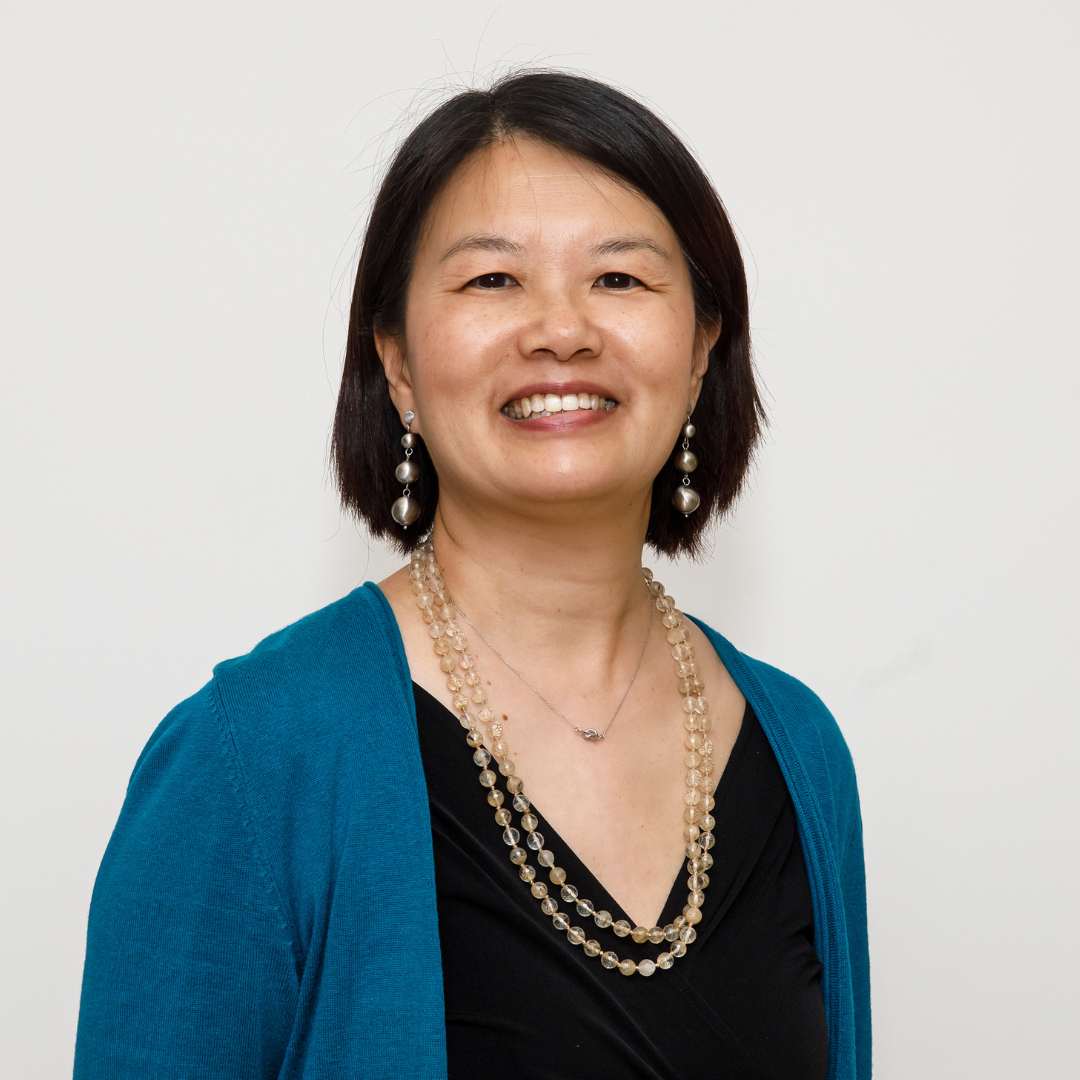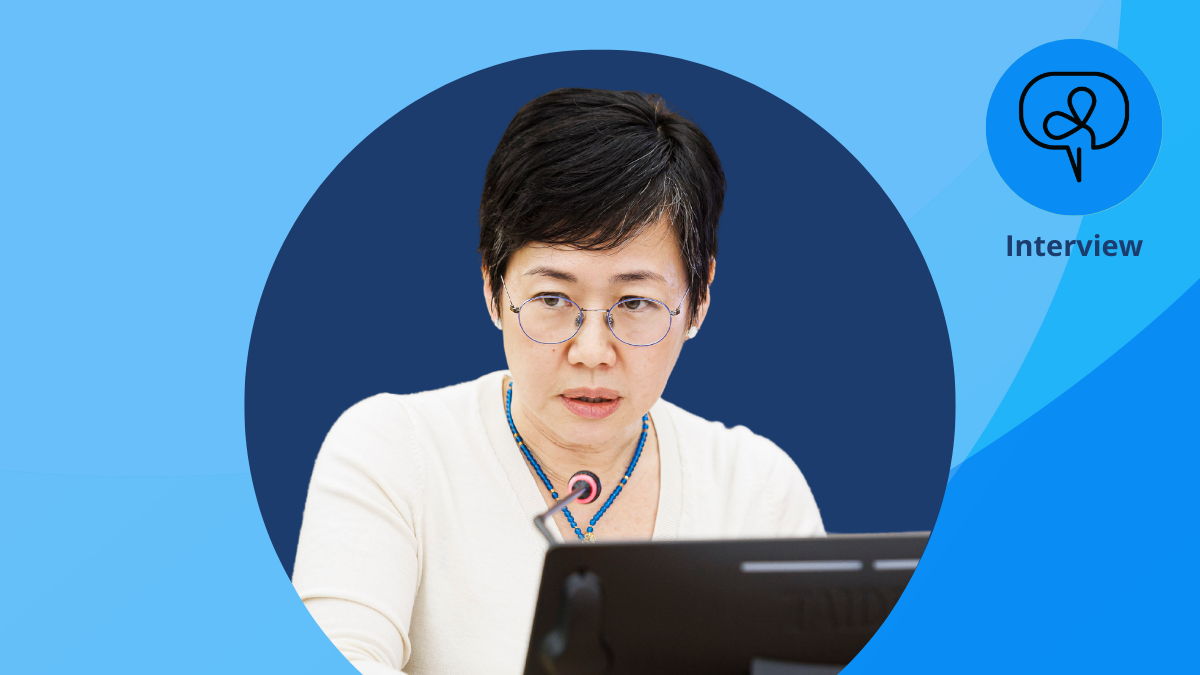
Congratulations to Ji-Yeun on her leadership role in the Thematic Working Group on Rural Youth Employment. In this interview, she shares her aspirations for the group and her own experiences on making development happen.
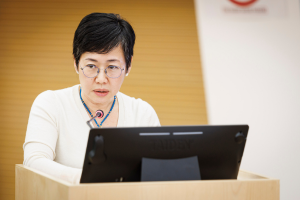
Ji-Yeun Rim
Senior Policy Analyst, Organisation for Economic Co-operation and Development (OECD)
Hear more from Ji-Yeun Rim:
Ji-Yeun Rim is the Senior Policy Analyst, Organisation for Economic Co-operation and Development (OECD). She recently joined Elisenda Estruch Puertas, International Labour Organization (ILO) as Co-Chairs of the Thematic Working Group on Rural Youth Employment.
Michelle Tang/GDPRD Secretariat: Working with youth means trying to build a better future. In a world that is increasingly uncertain and volatile, what sustains your optimism for the future of youth?
Ji-Yeun Rim: When we look at the news, the world can seem overwhelming, but my optimism is sustained by the youth themselves. Through youth employment projects in Africa and Southeast Asia, I met some incredibly brilliant and energetic youth. Of course, among them were successful entrepreneurs but the majority were just young people — students, activists, environmentalists, small entrepreneurs and farmers — all doing what is right for their communities within their scope and capacities.
I am also reassured having met champions within governments and civil society organizations who are dedicated to the cause of youth well-being.
And I remember one non-profit organization in Malawi that helped young people stay off the streets as well as former young prisoners reintegrate into society through music. It was very simple, through joining choirs and learning to play the guitar, and with no complicated matrix on outputs and results. All very powerful and humbling.
Ji-Yeun Rim | Senior Policy Analyst, Organisation for Economic Co-operation and Development (OECD). This video is from a recording of the interview, conducted by the Secretariat of the Global Donor Platform for Rural Development in Rome, Italy on 1 February 2024.
Michelle: As the new Co-Chair of the Thematic Working Group on Rural Youth Employment, what do you look forward to bringing to the group?
Ji-Yeun: I am very honoured to have been selected as Co-Chair. I have been involved in the group for some years now and have benefited a lot from it as well as enjoyed the interaction with other members. A real value-added is the members themselves because they are all very knowledgeable on the topic and bring different perspectives from donors, youth and international organizations.
My hope for the next two years is to have this knowledge shared with a wider audience and bring in other experts who may not know the group to enrich the discussions. Already, in the last couple of years, the group has become much more dynamic thanks to the leadership of the past co-chairs. At the very least, I hope to maintain that momentum.
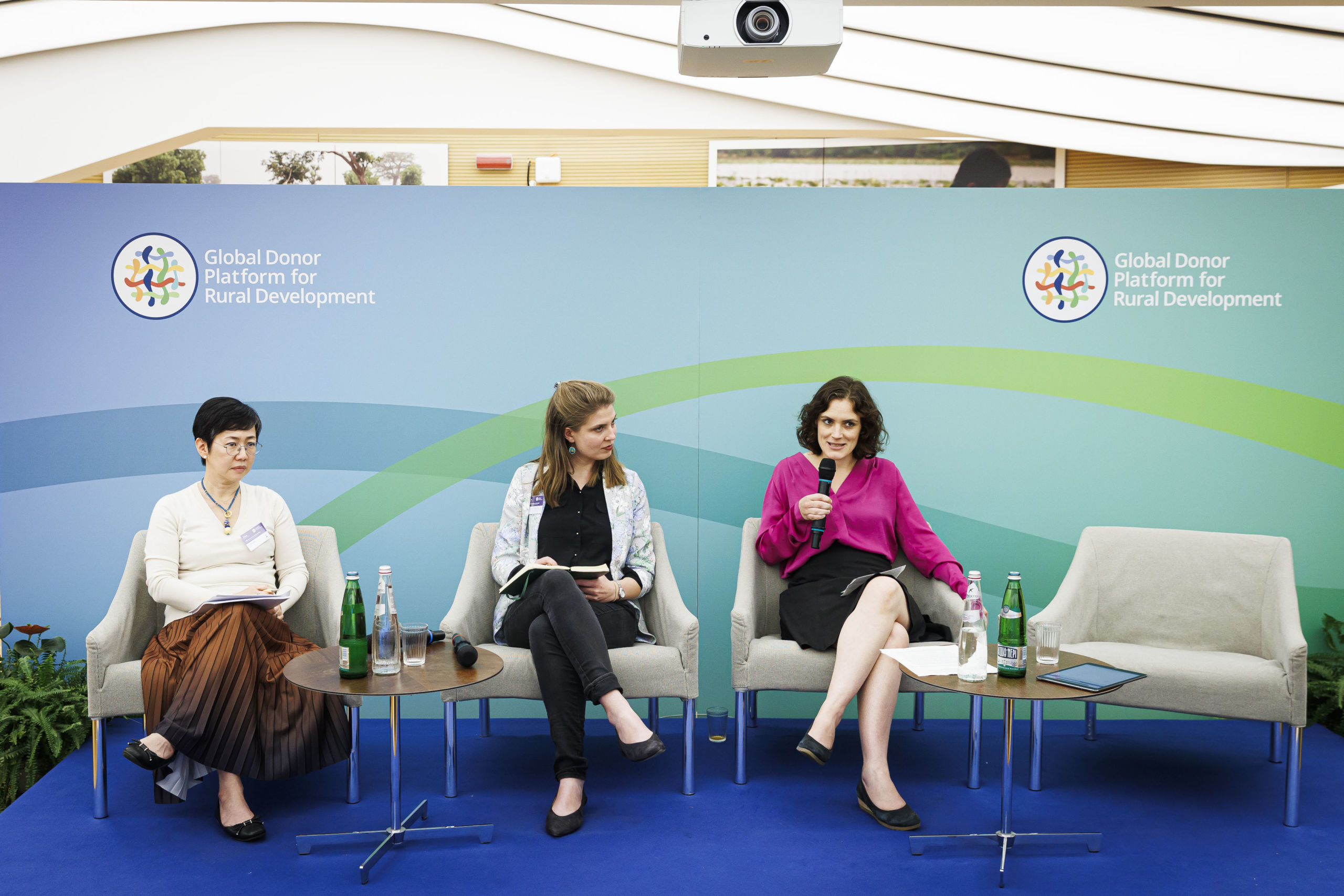
At the GDPRD's 2023 Annual General Assembly, Ji-Yeun gave a presentation titled "A better future for rural youth", with key findings the G20 Initiative for Rural Youth Employment’s stocktaking report by the OECD Development Centre. Find out more about the session.
Michelle: The group is a diverse makeup of members from international and youth organizations. What are the opportunities and value-added for cross-collaboration? How do you envision OECD’s overall contribution blending in with the rest of the group?
Ji-Yeun: The level of information exchange that is happening regularly is already extremely useful for the members, and collaboration does happen within the group. For instance, at the request of the agency for international cooperation Deutsche Gesellschaft für Internationale Zusammenarbeit (GIZ), the OECD recently worked on a report to take stock of the progress made on the G20 Initiative for rural youth employment goals set in 2017. This is concrete collaboration.
Collaboration in the form of a joint project is a nice result but I feel that is not the main objective of the group. Rather, it is using the group as a platform to ping pong ideas and preoccupations openly and freely, to do so in a safe space between researchers, programme managers, donors and youth. It's a very enriching experience for the OECD.
OECD contribution revolves around analytical work using data and evidence to support policy recommendations, so when I hear other colleagues discuss their work, that gives me ideas to help identify policy research.
Share
My hope for the next two years is to have this knowledge shared with a wider audience and bring in other experts who may not know the group to enrich the discussions.
Michelle: What do you see are the main priorities to focus on in 2024 and how does rural youth employment fit into this context?
Ji-Yeun: There are many priorities but I would have to say food security and food system. We need to continue the discussion that started at the UN Food Systems Summit. We saw during COVID-19 how lockdown measures have impacted food security and livelihoods and wars are increasing commodity prices, threatening livelihoods for food-importing developing countries. On top of that, we have the climate crisis. So for me, we only got started and need to rethink, fundamentally, the food system today on both global and local scales. All this, of course, concerns rural youth because the majority of them in developing countries depend on agriculture or activities along the value chain for their livelihoods, and they need to be part of the solution.
Michelle: What inspired you to become involved with rural youth employment, and how does your current role relate to this?
Ji-Yeun: Because I grew up in West Africa, I had an early interest in development and how to make it happen. Prior to the OECD, I worked for the Food and Agriculture Organization (FAO) on rural development and food security projects. In 2015, I was asked to lead a project on youth inclusion funded by the European Union and the project had several components including youth employment. Now I am working on a project on green transition where again, we are looking at the transition in agriculture and how switching towards more sustainable practices could benefit rural youth and young farmers. It's a topic that remains very close to my heart.
Photos: ©IFAD/Flavio Ianniello

